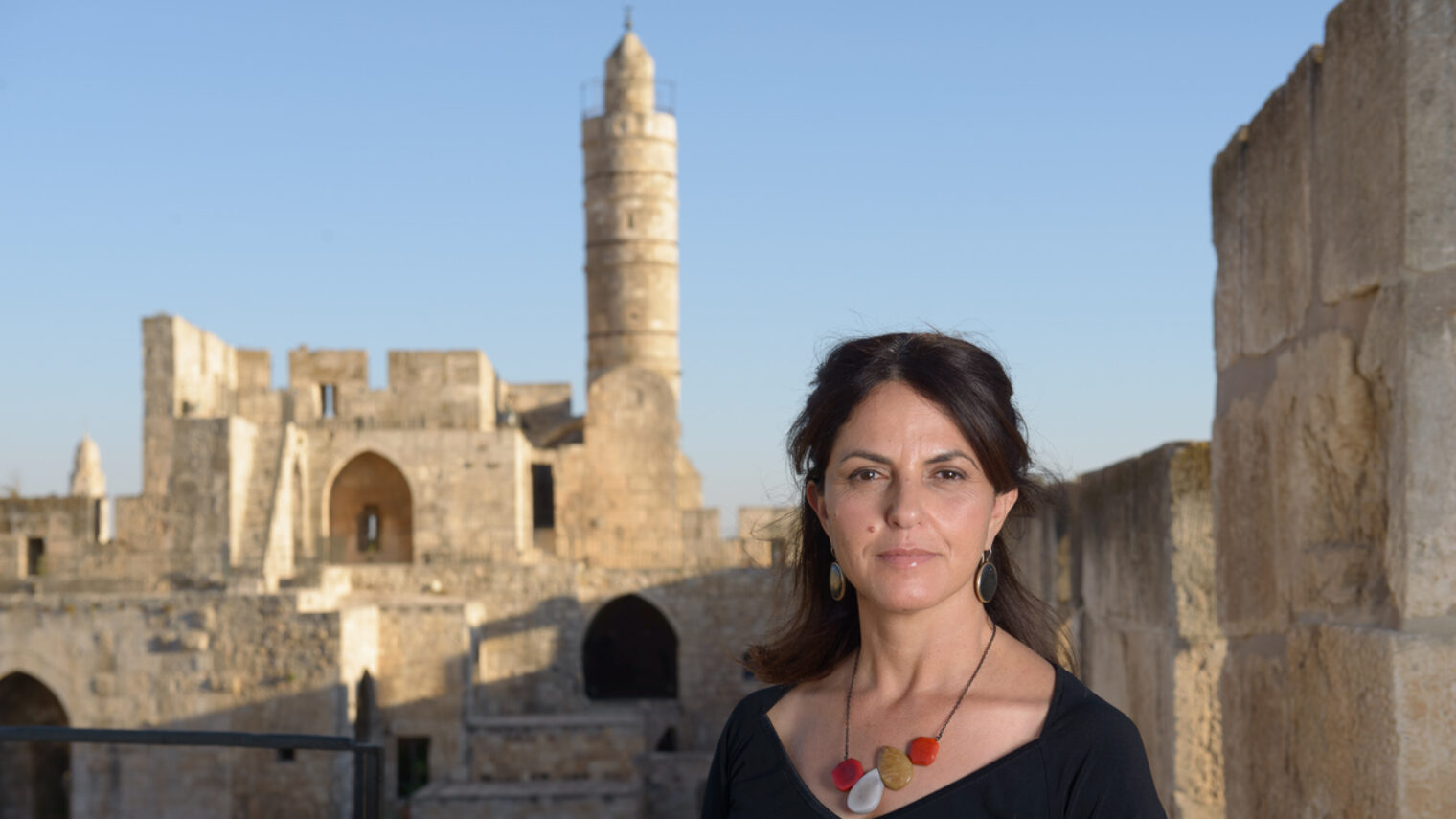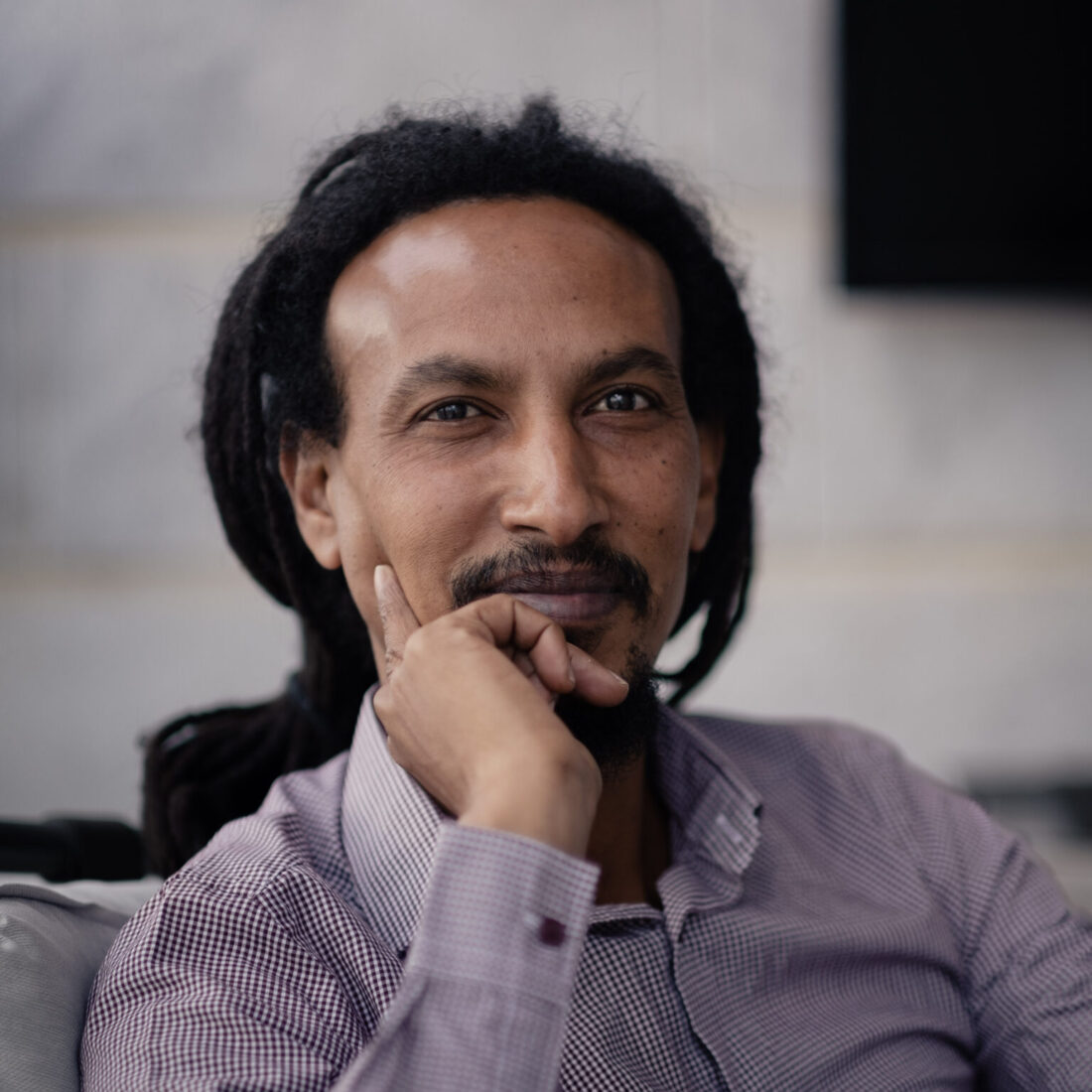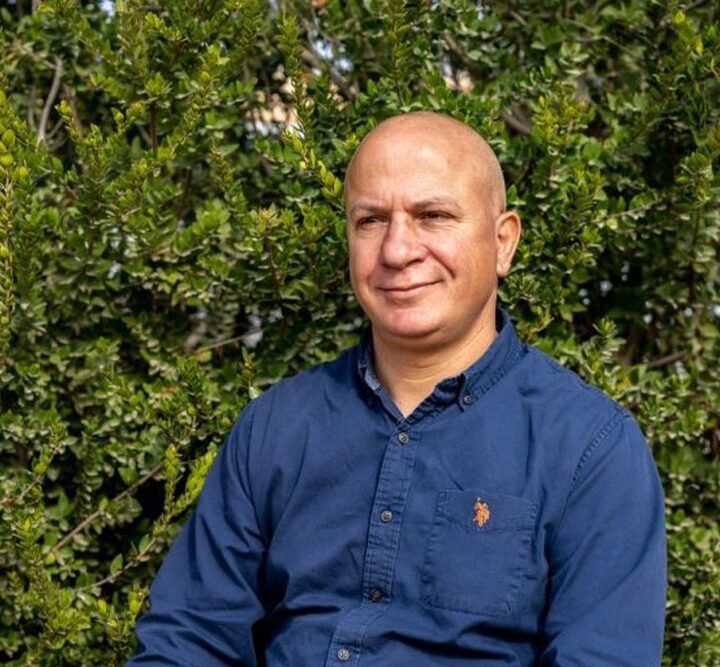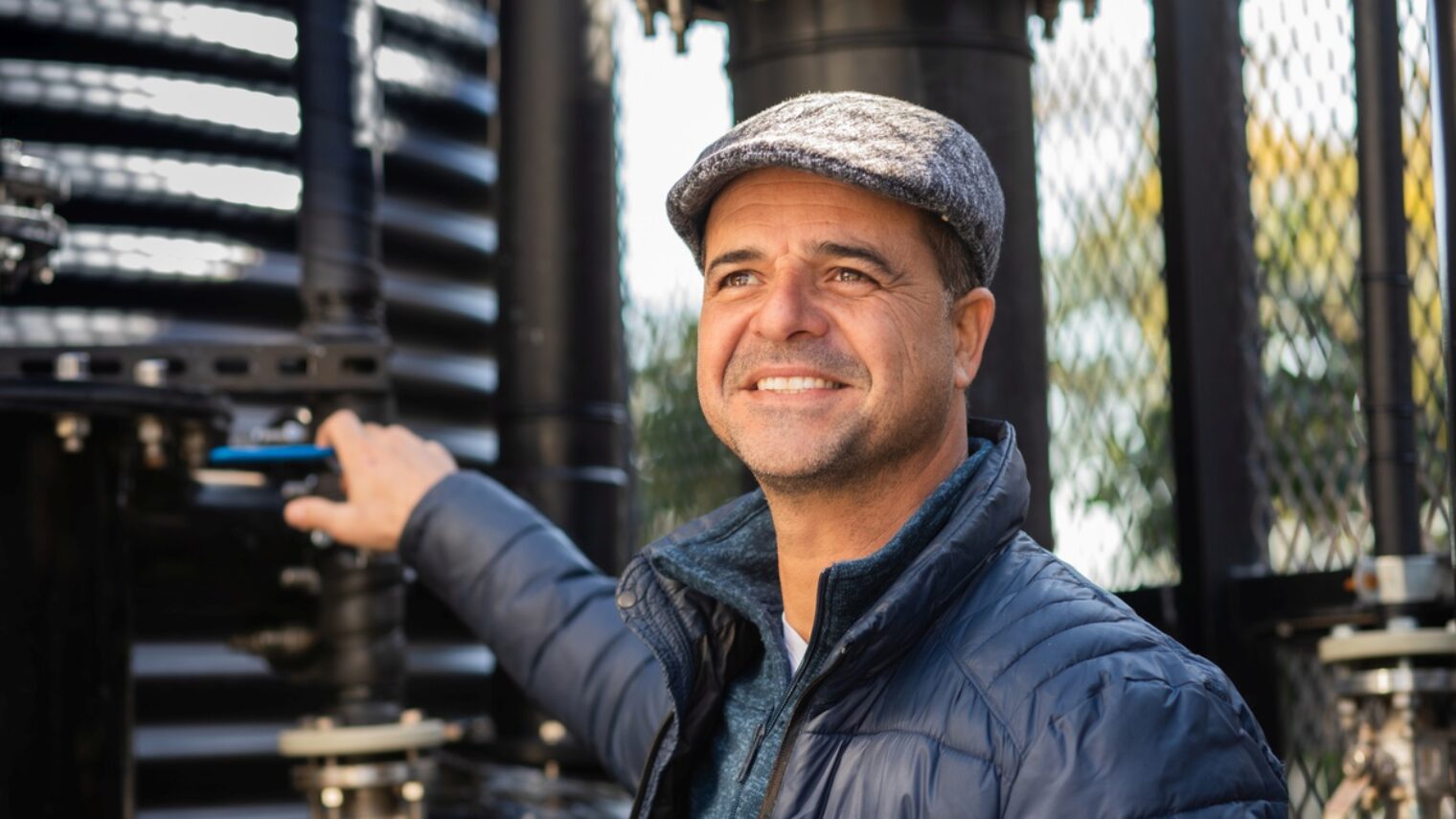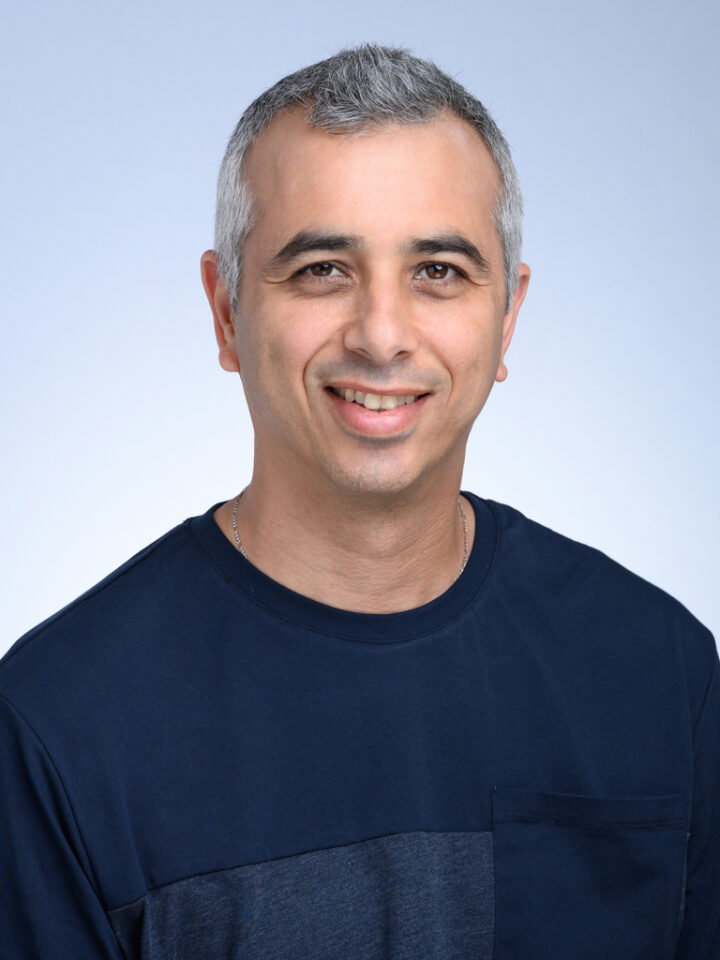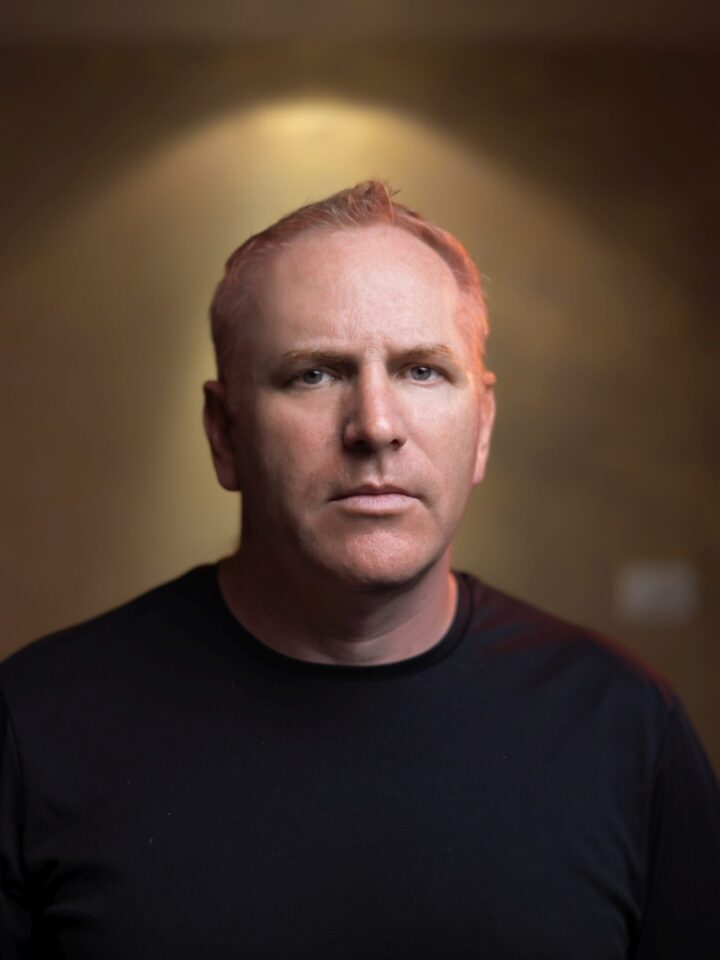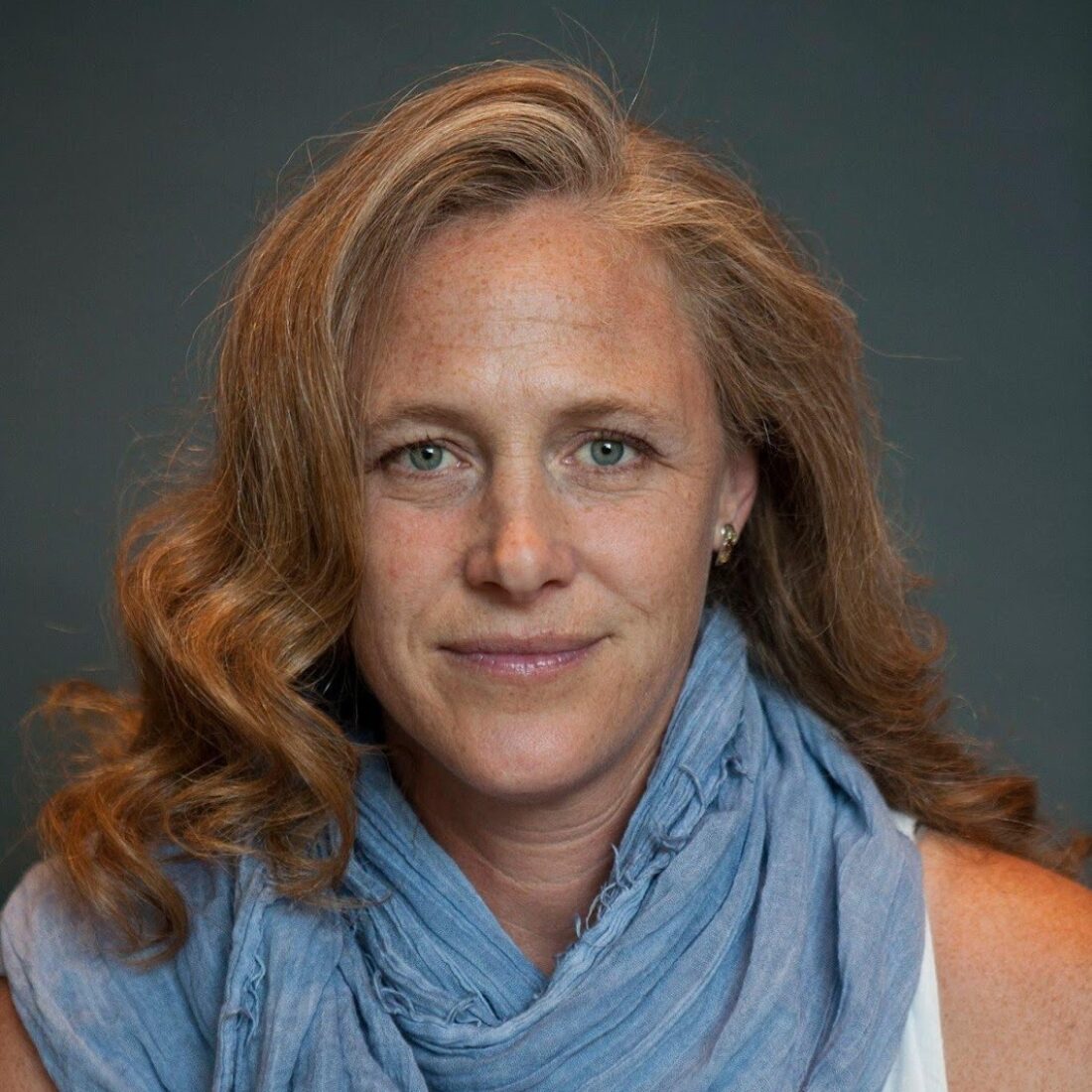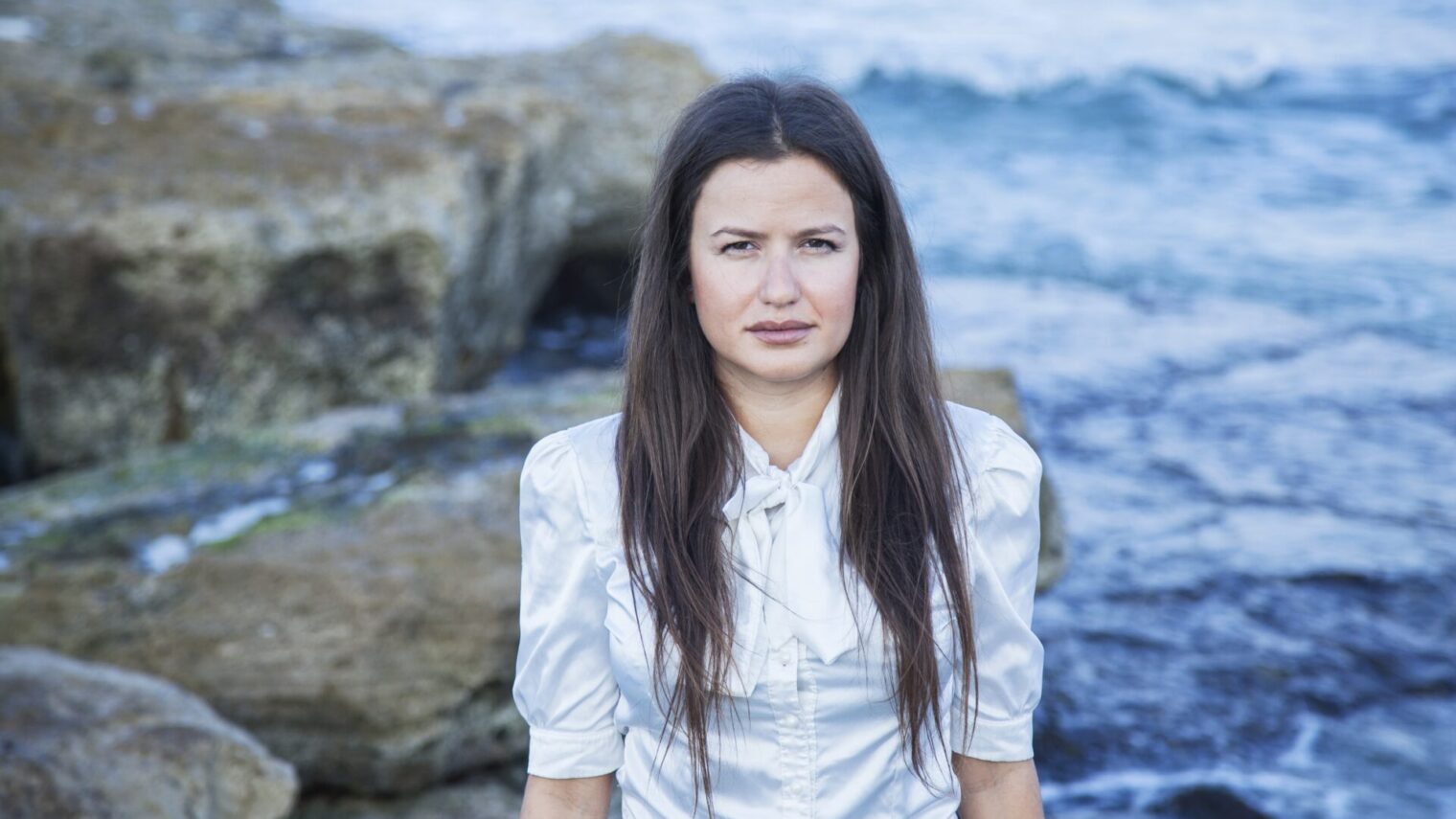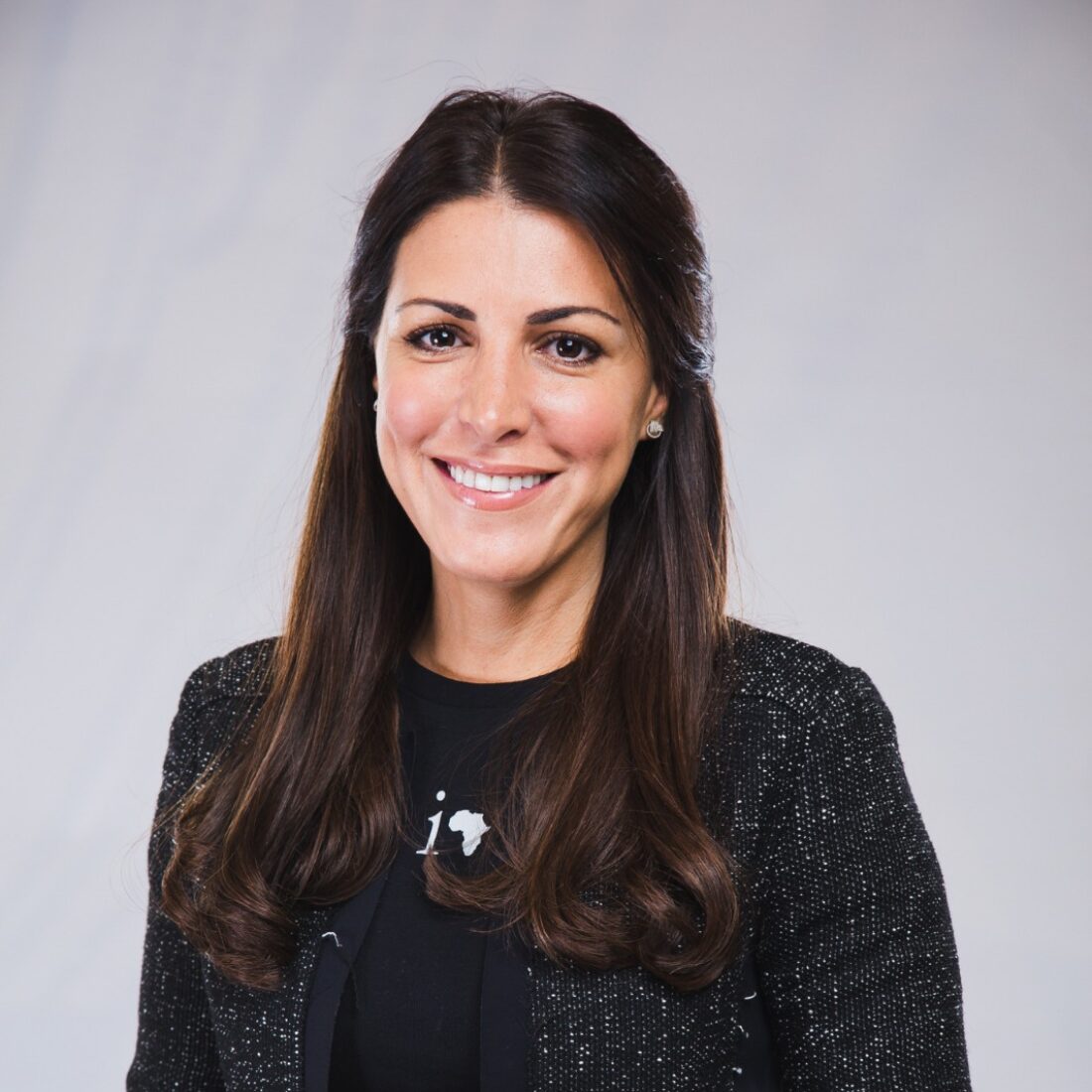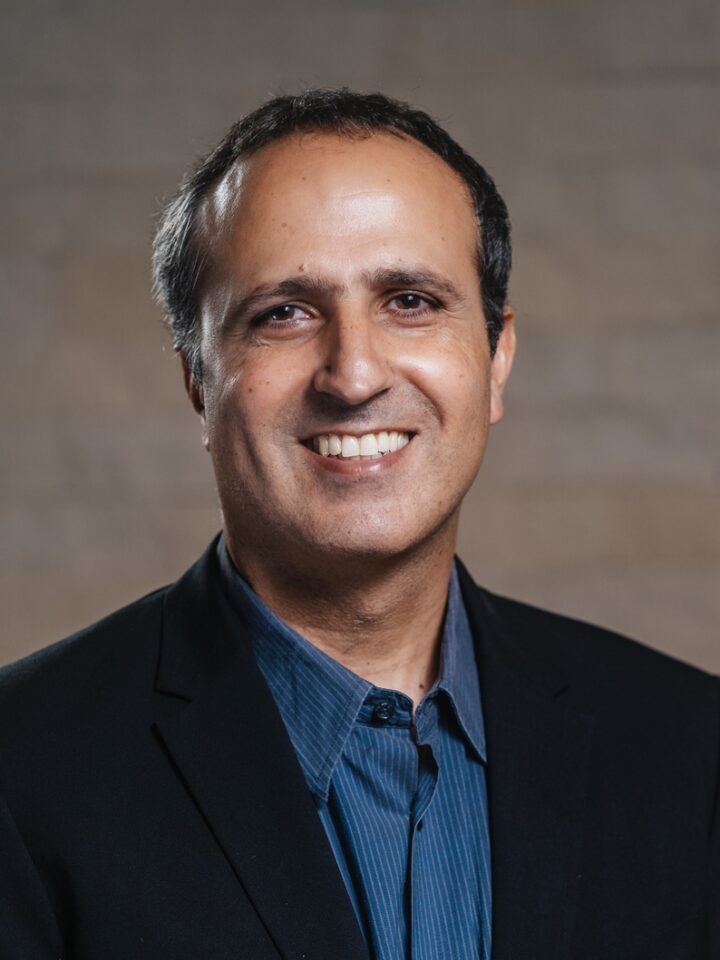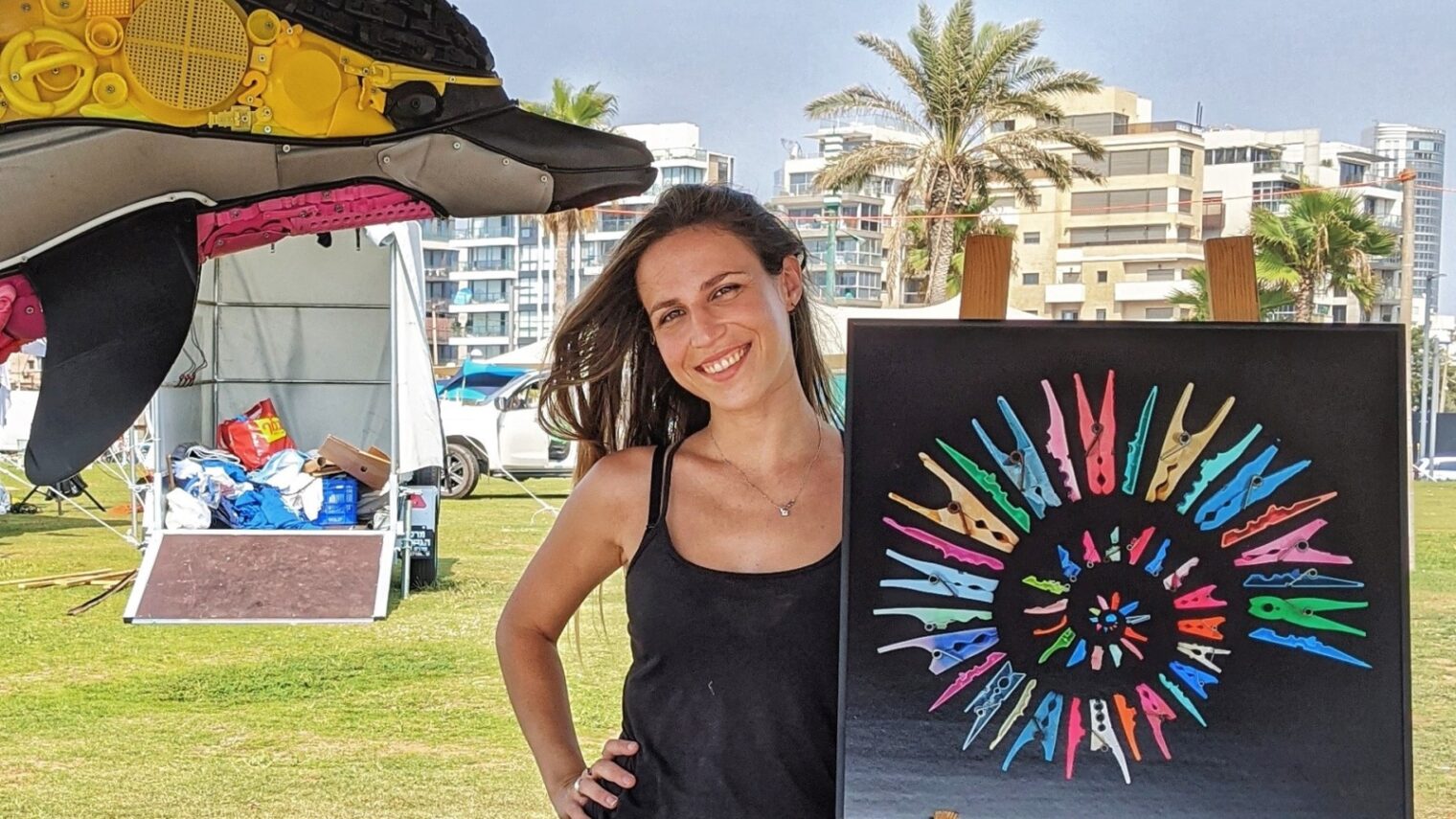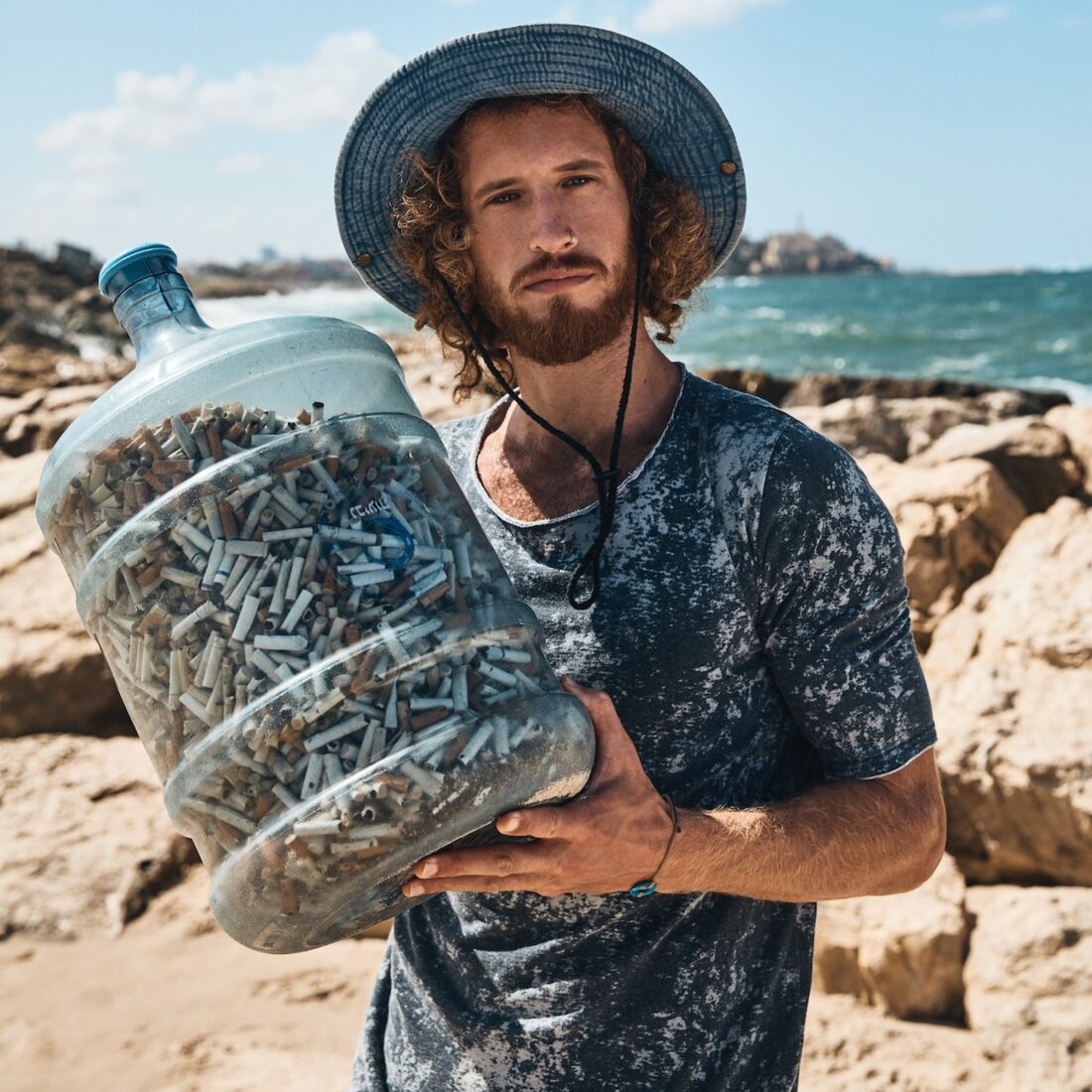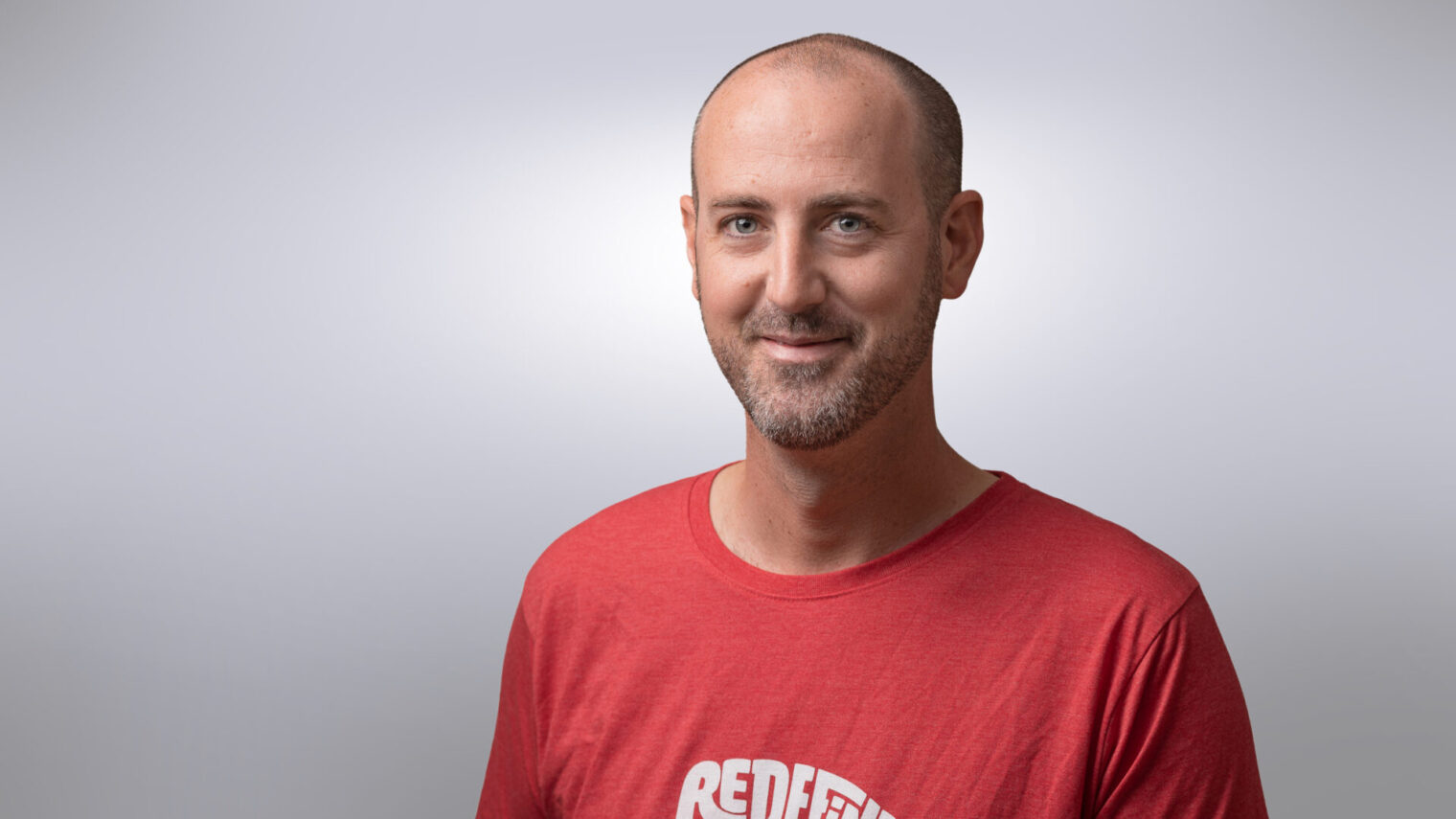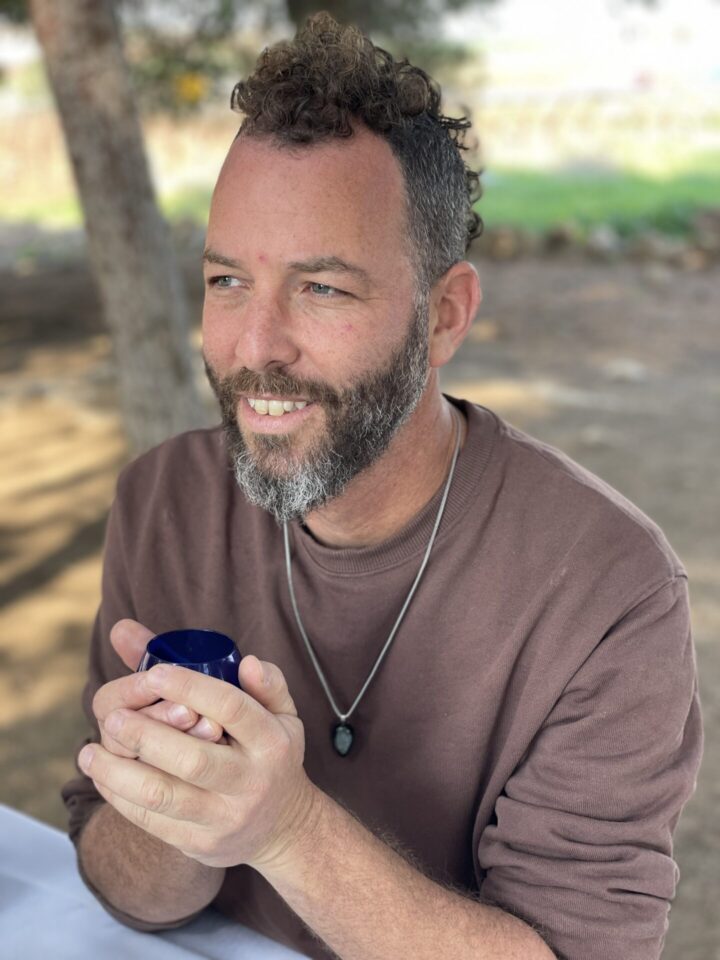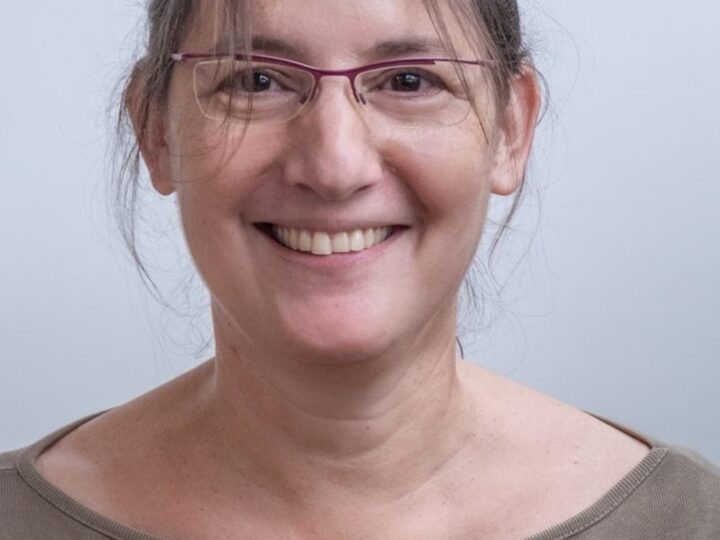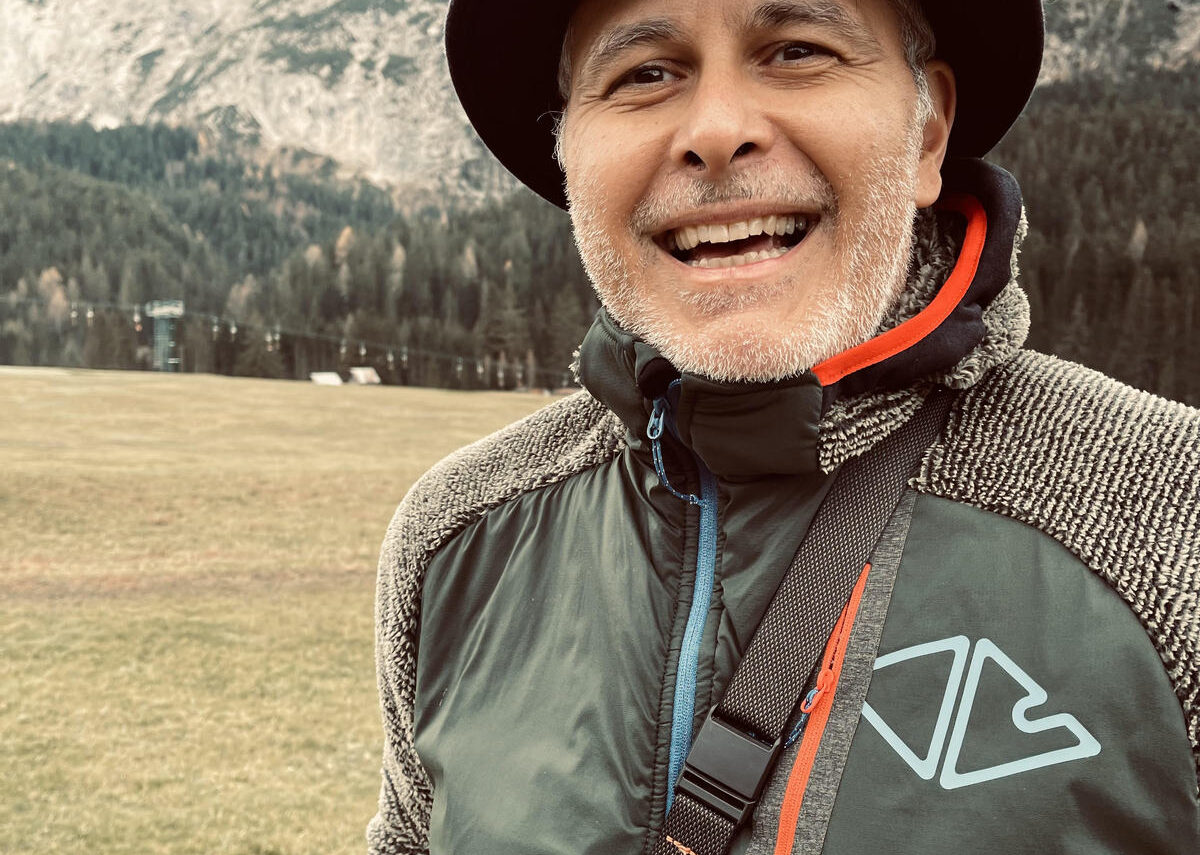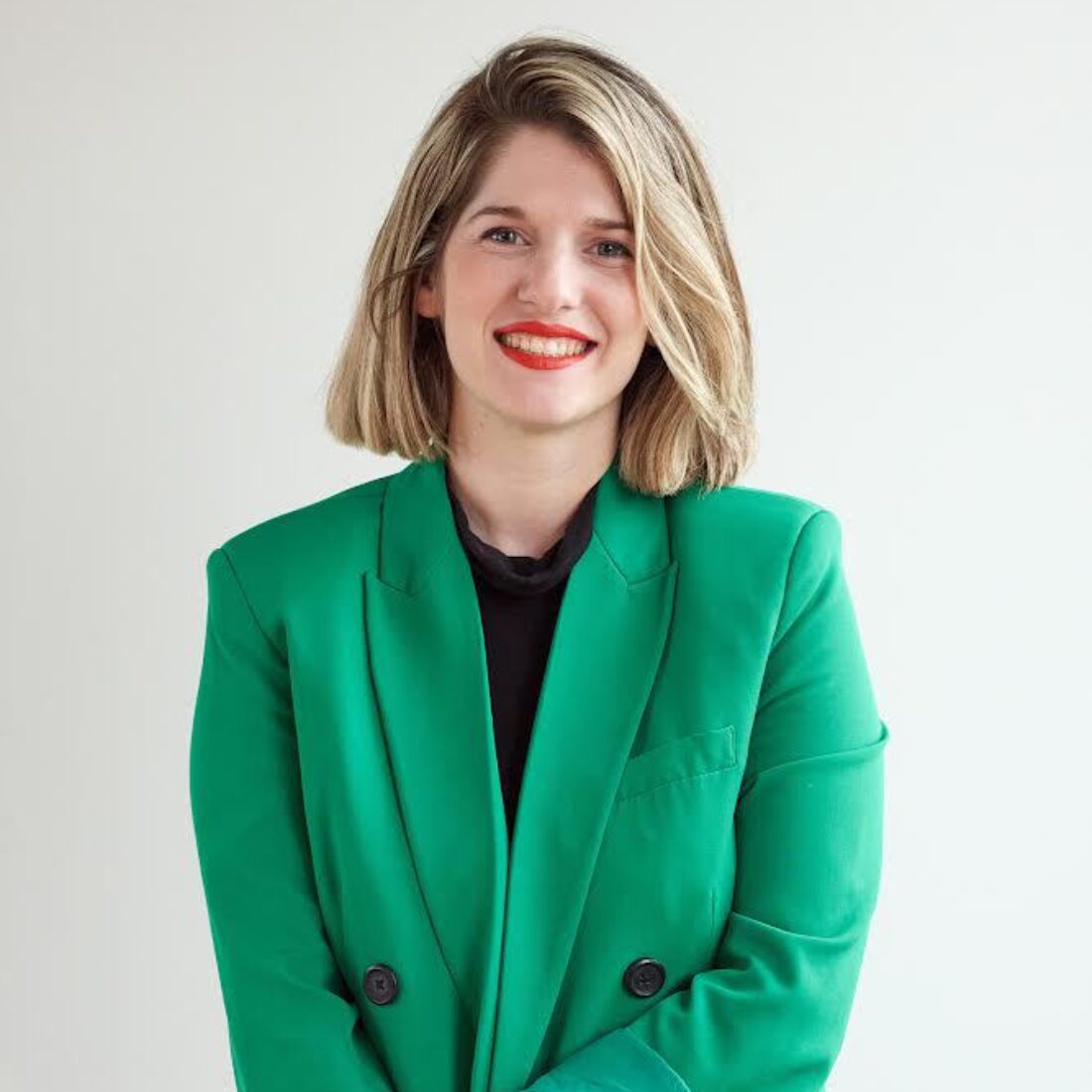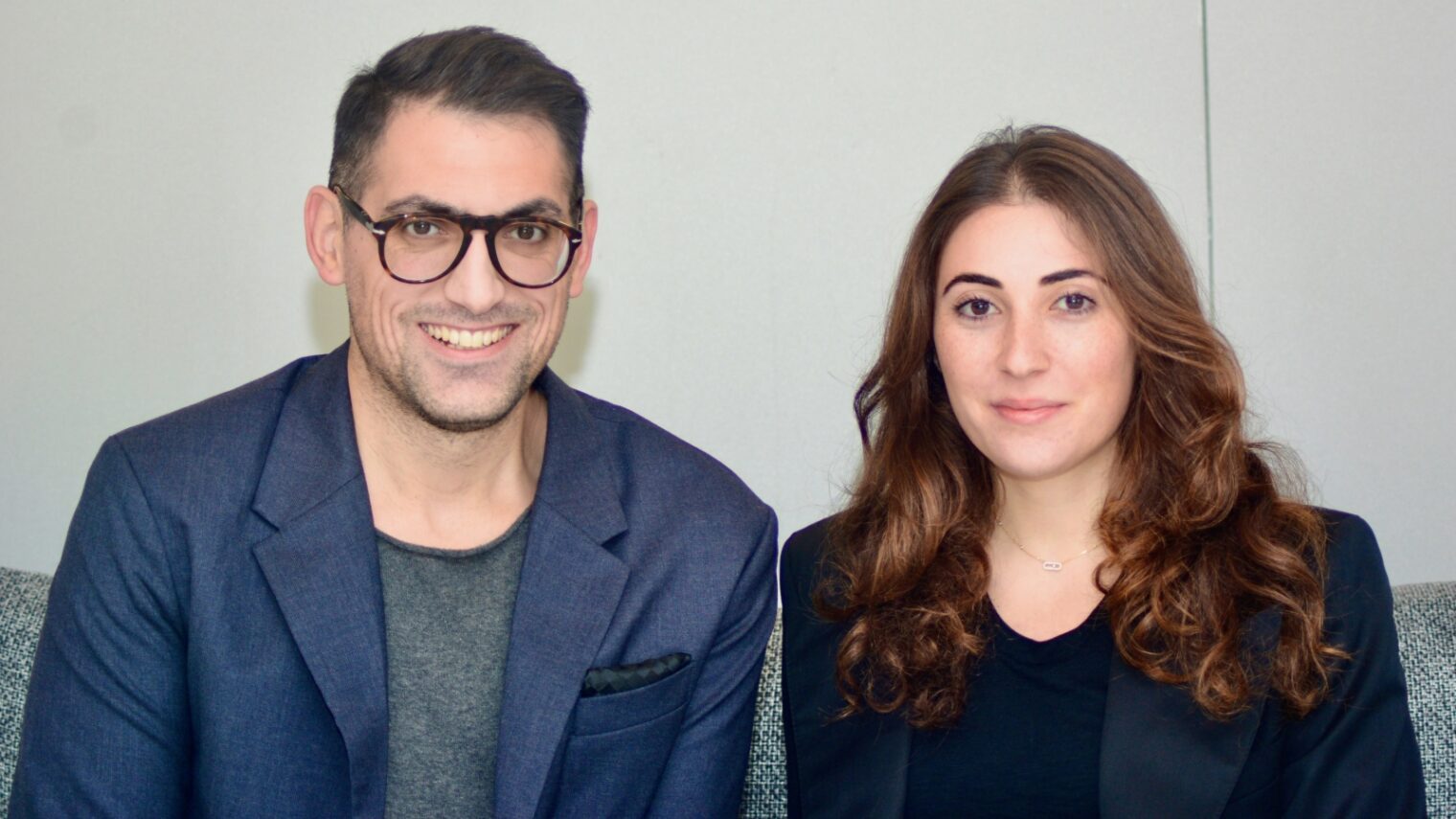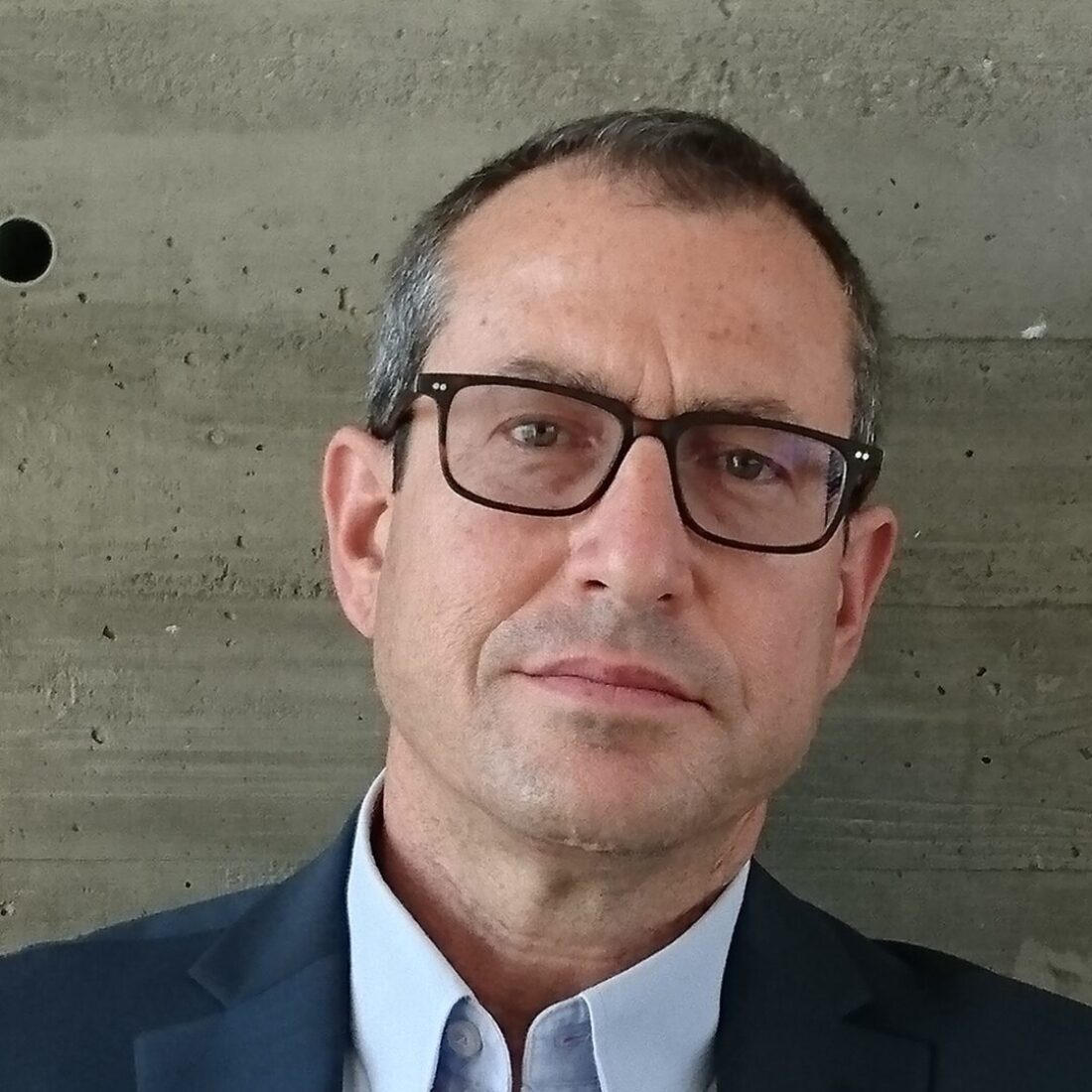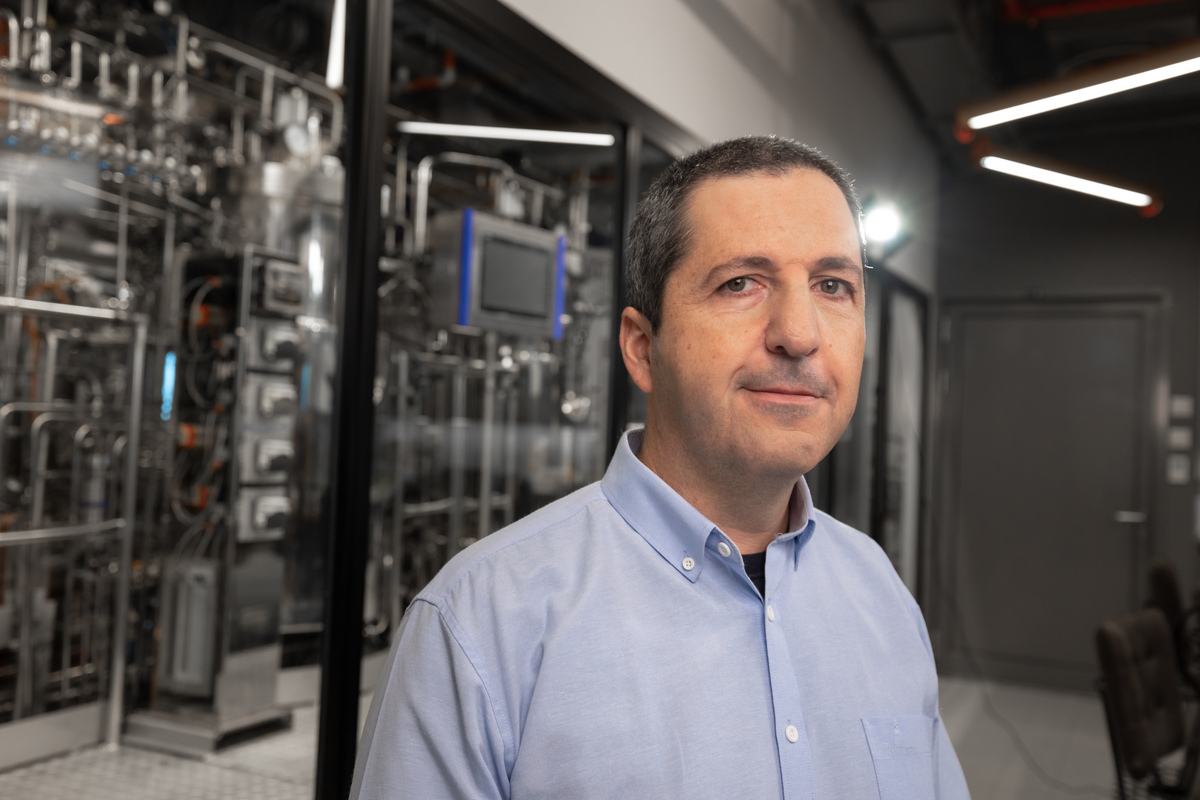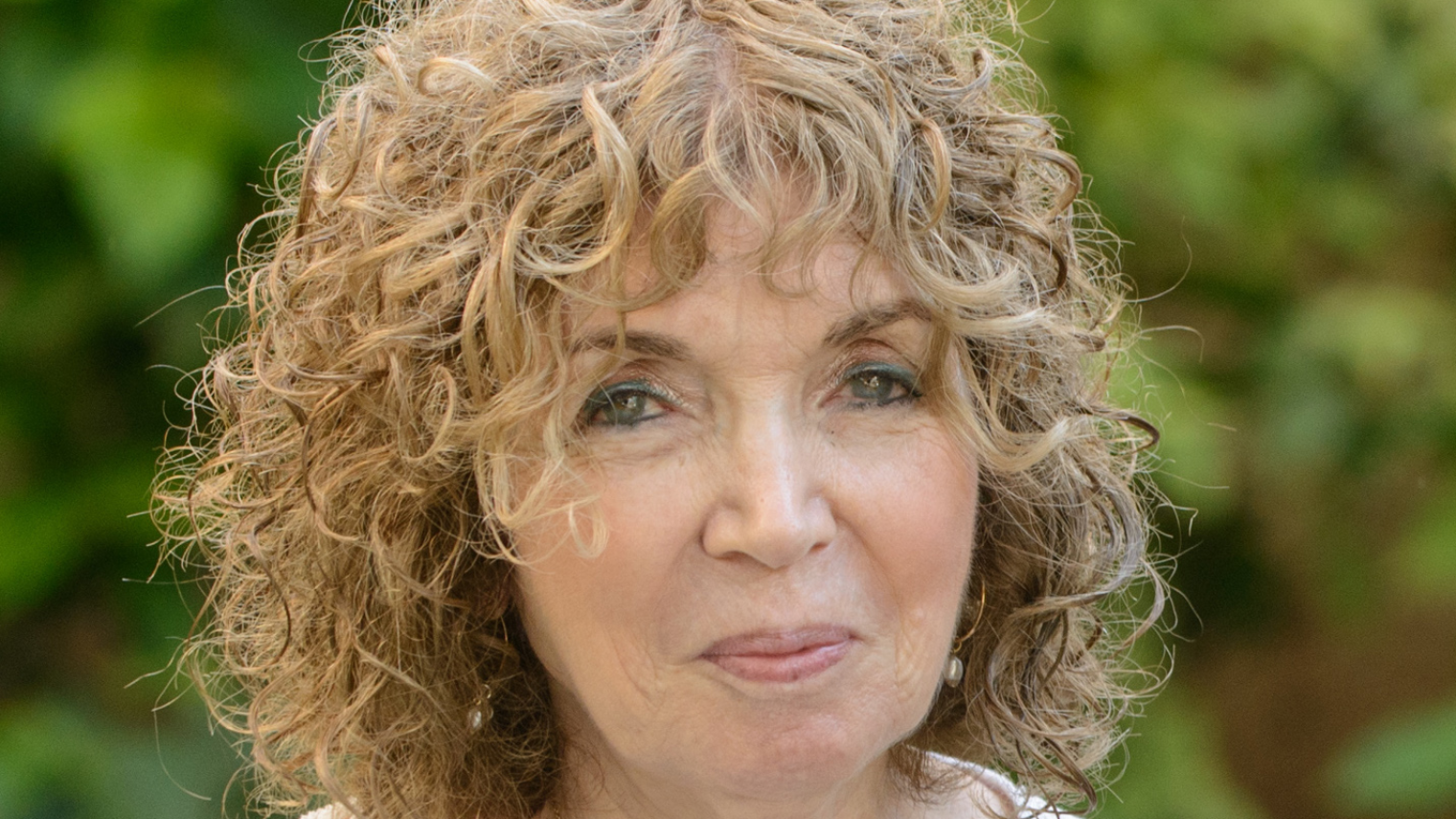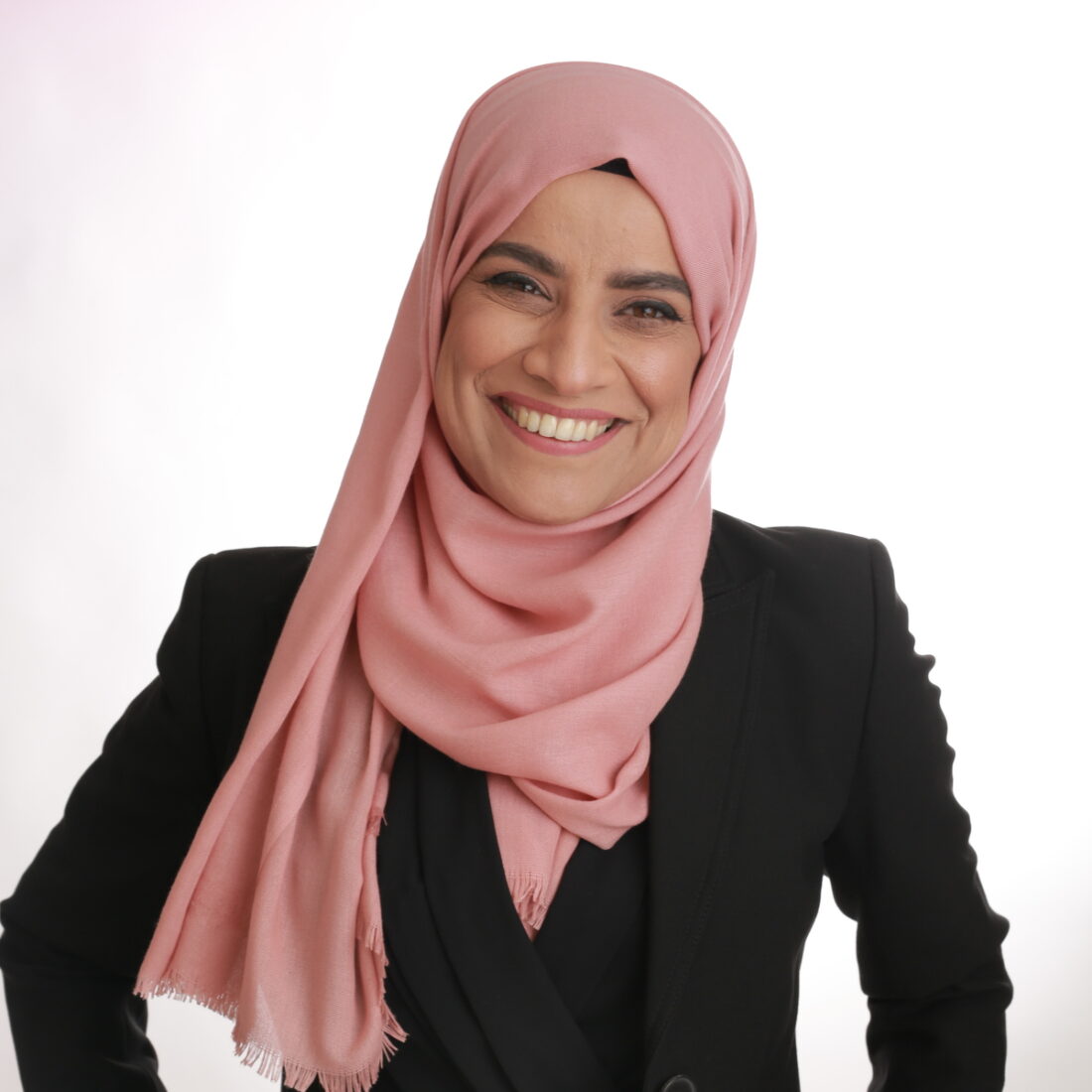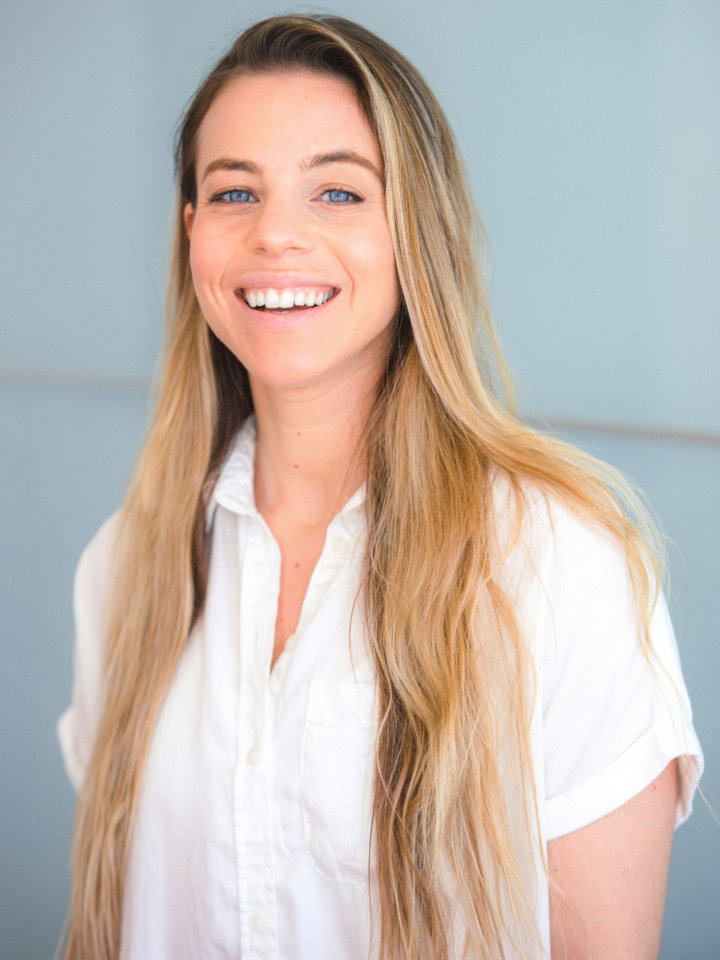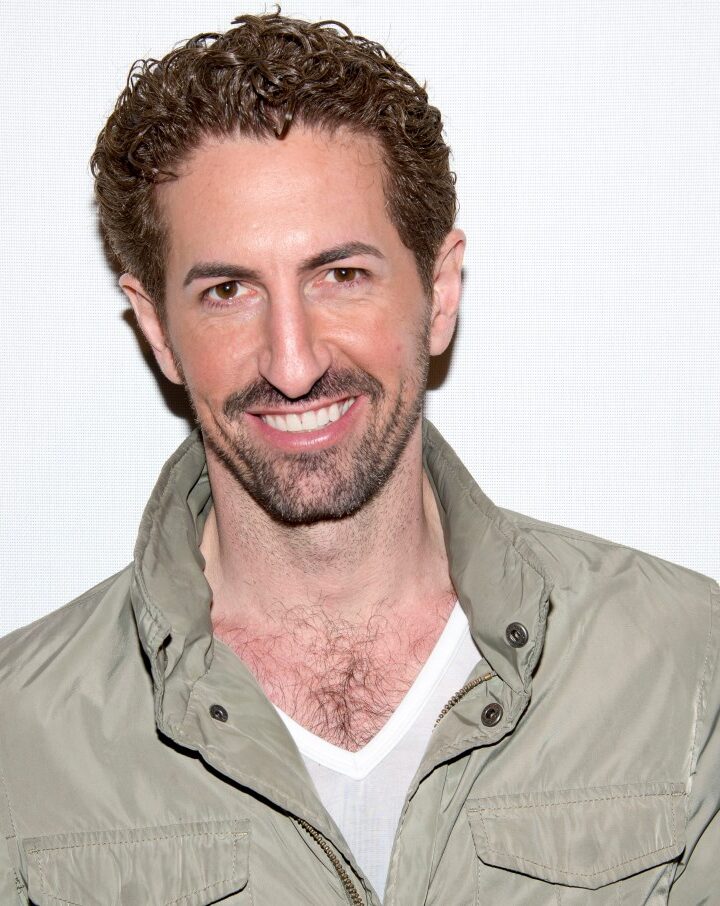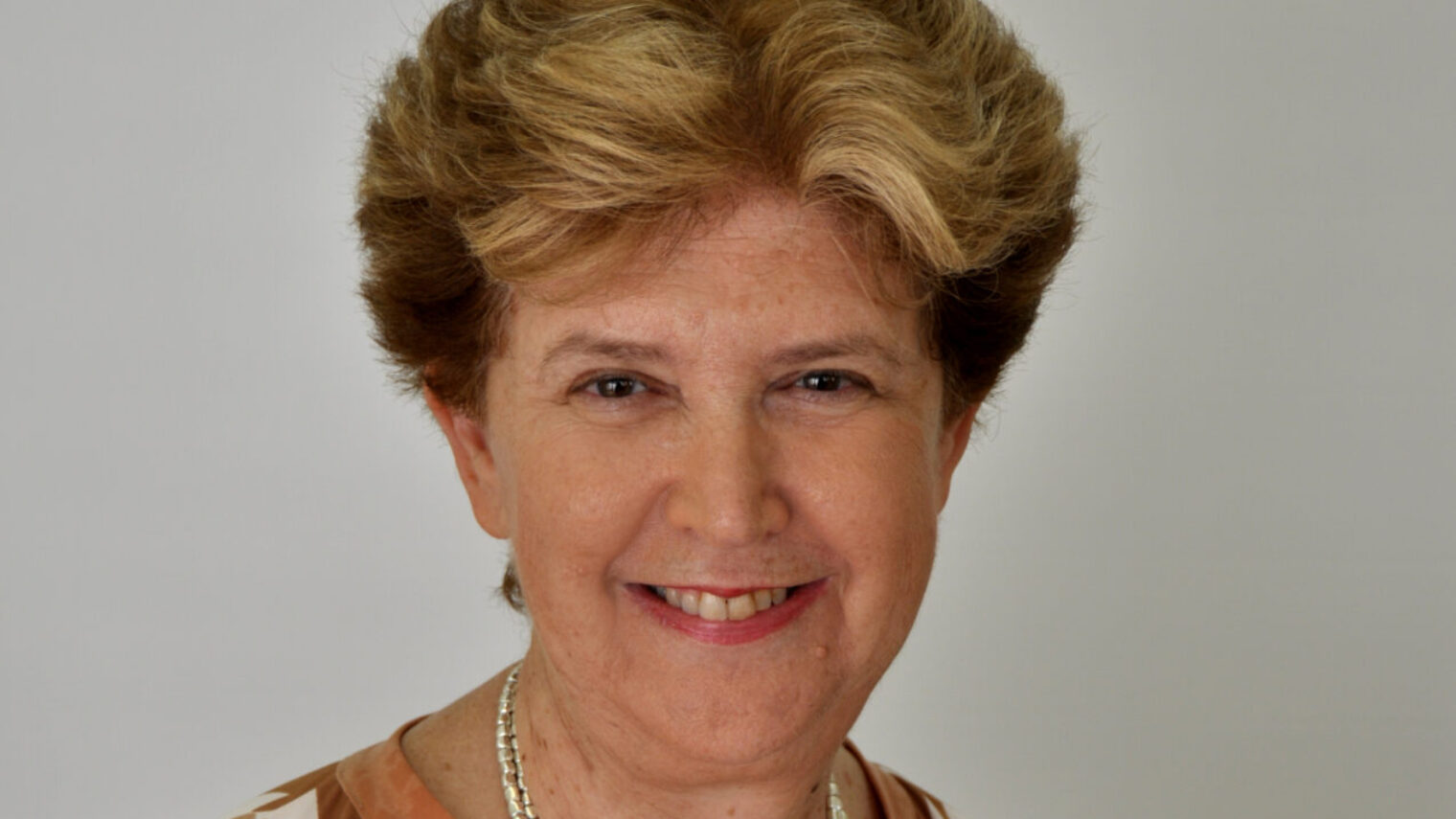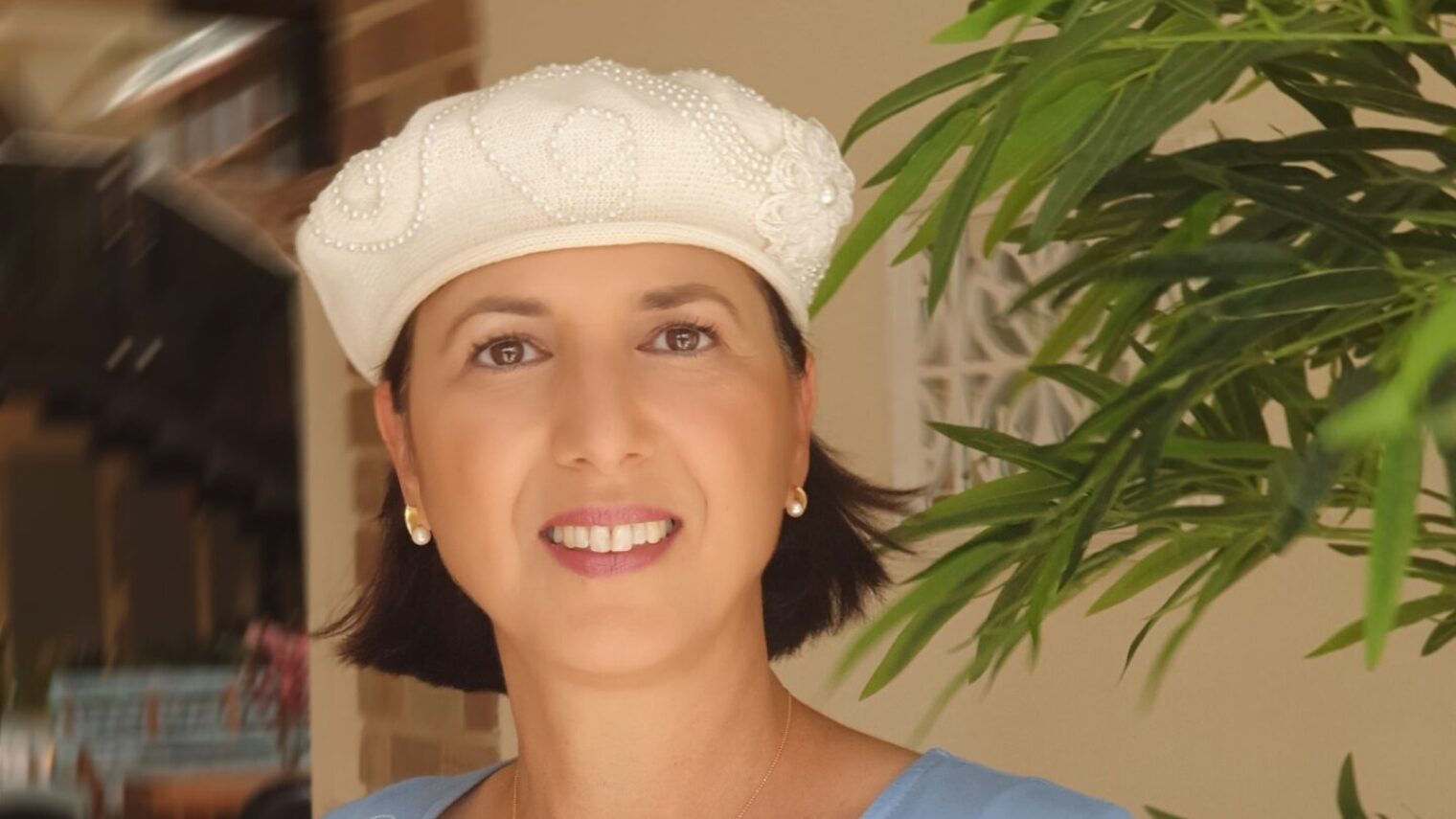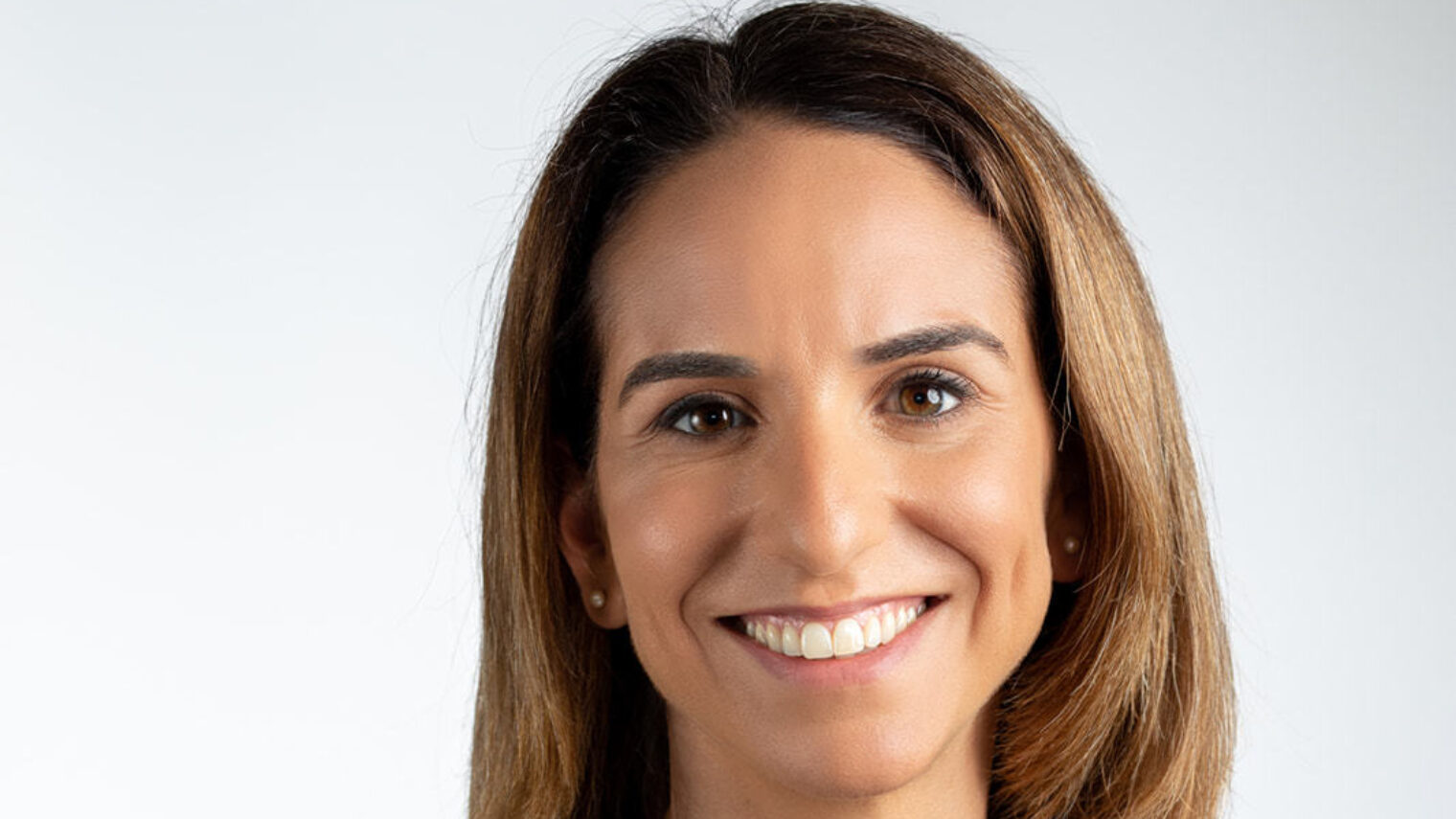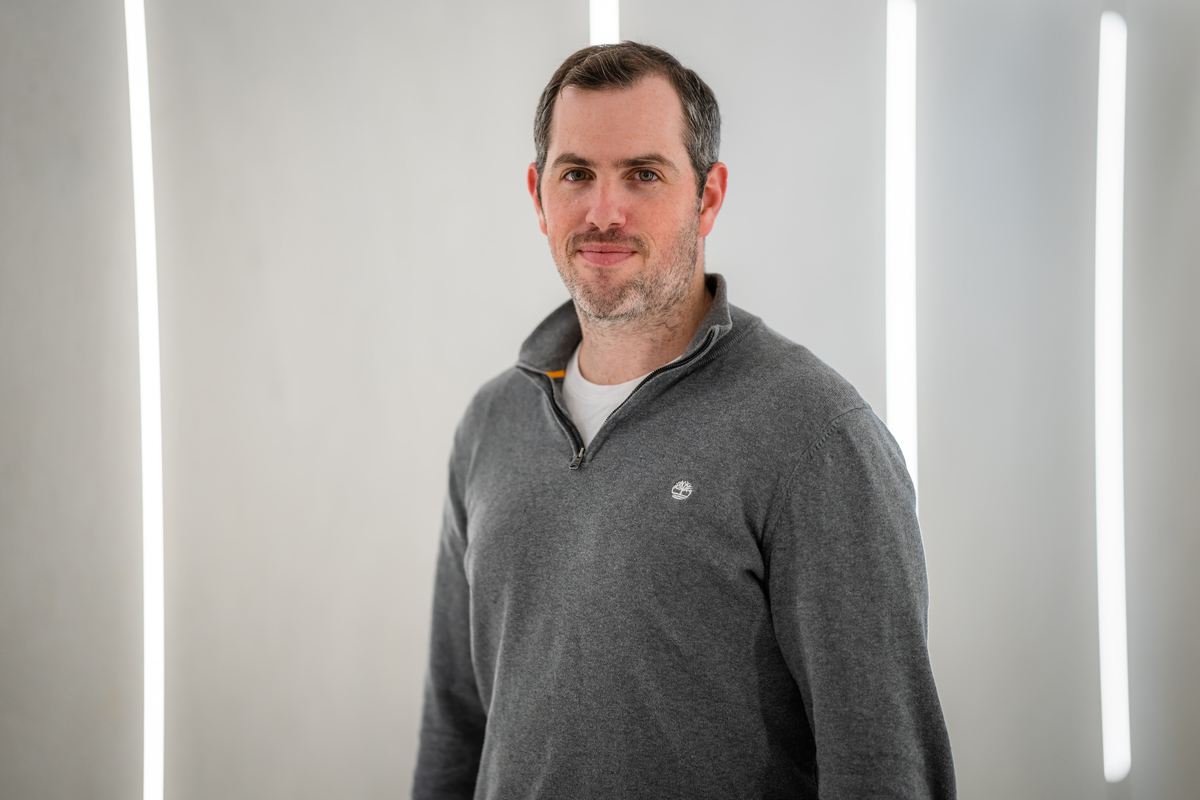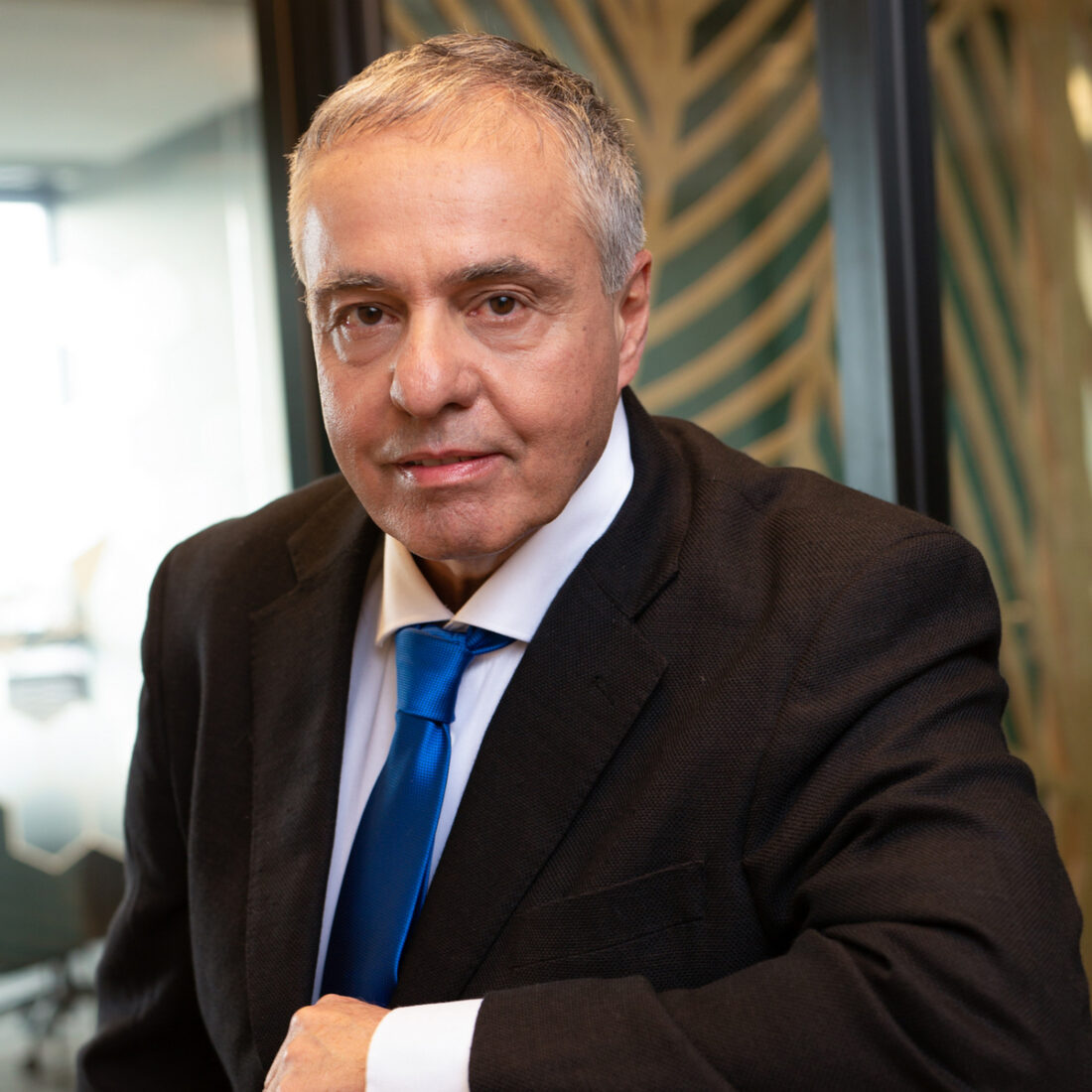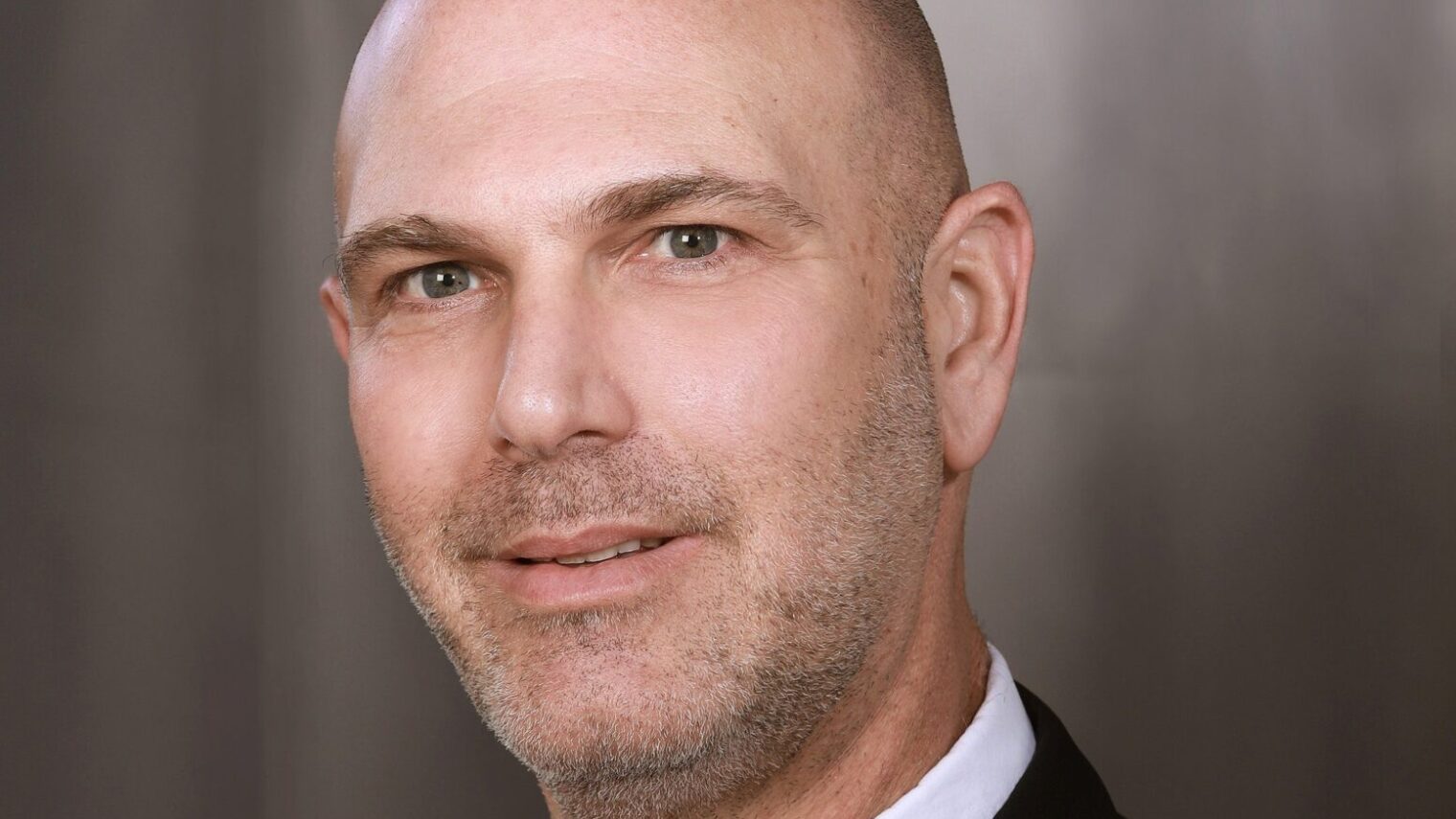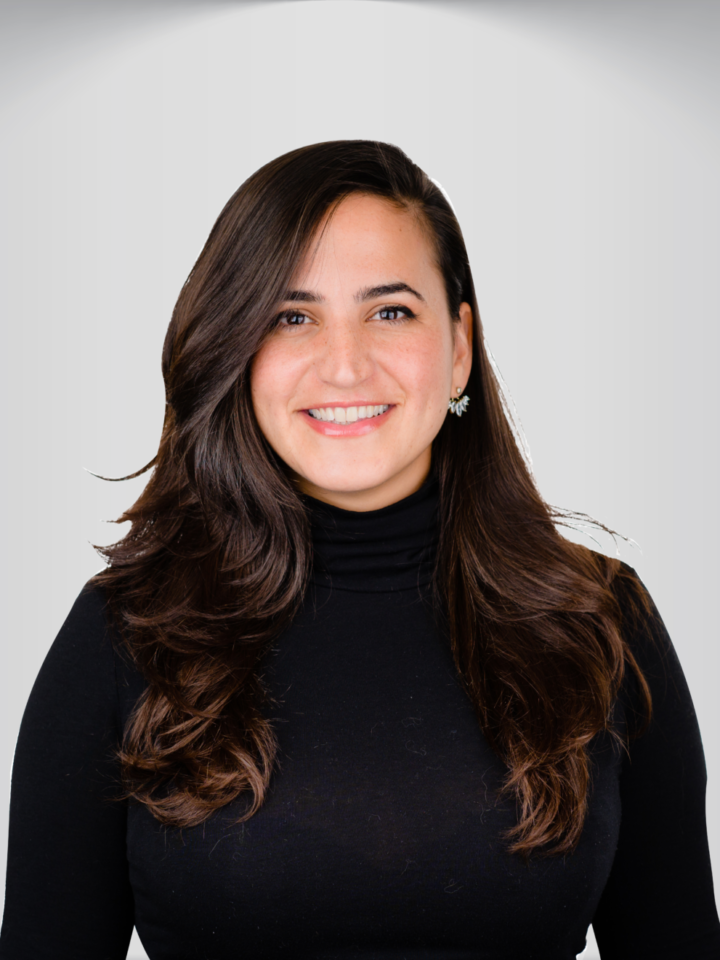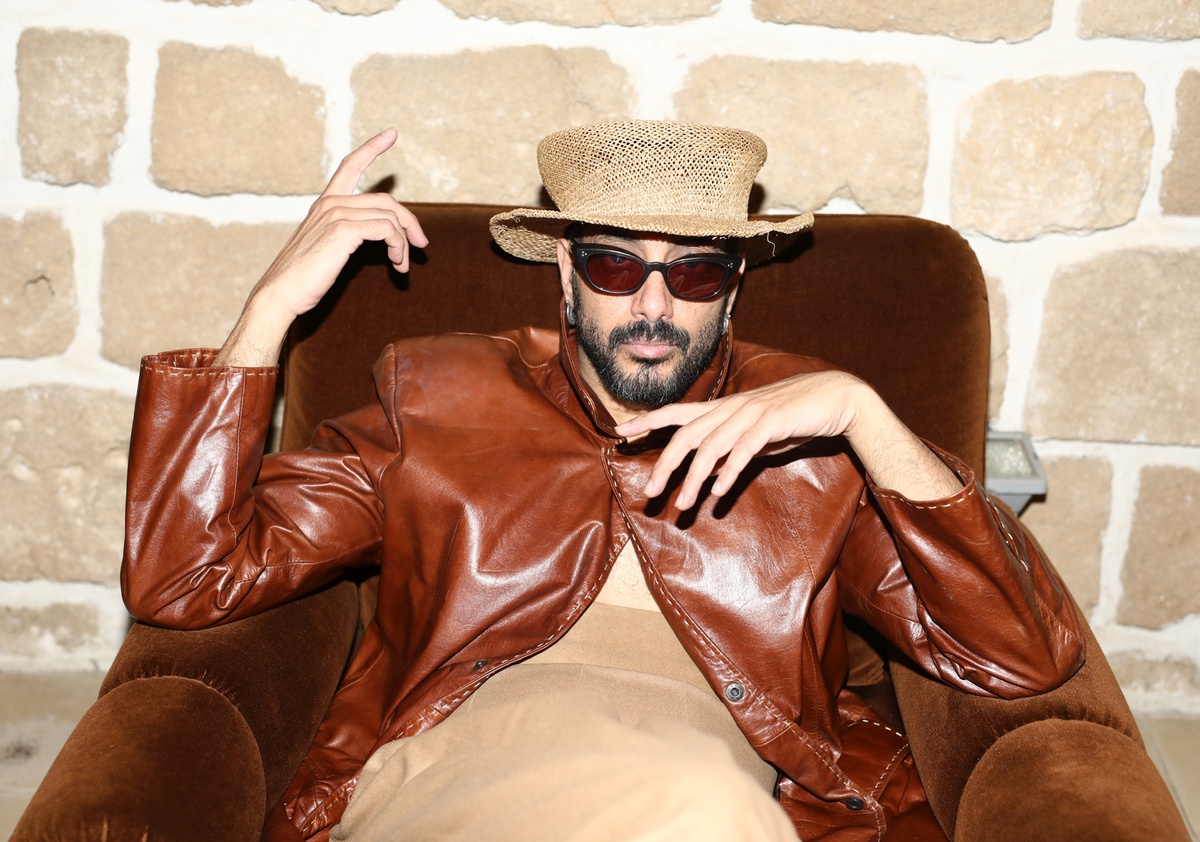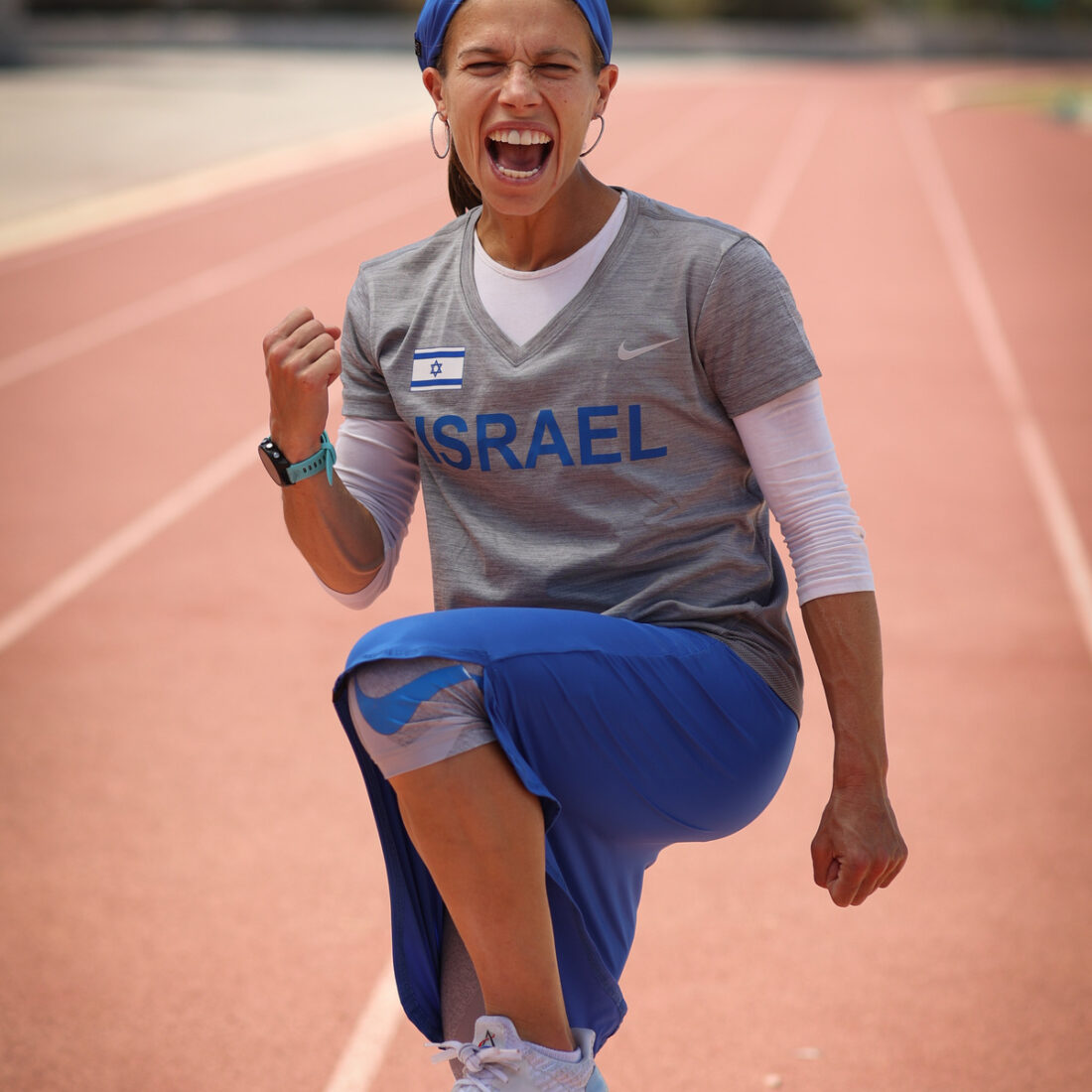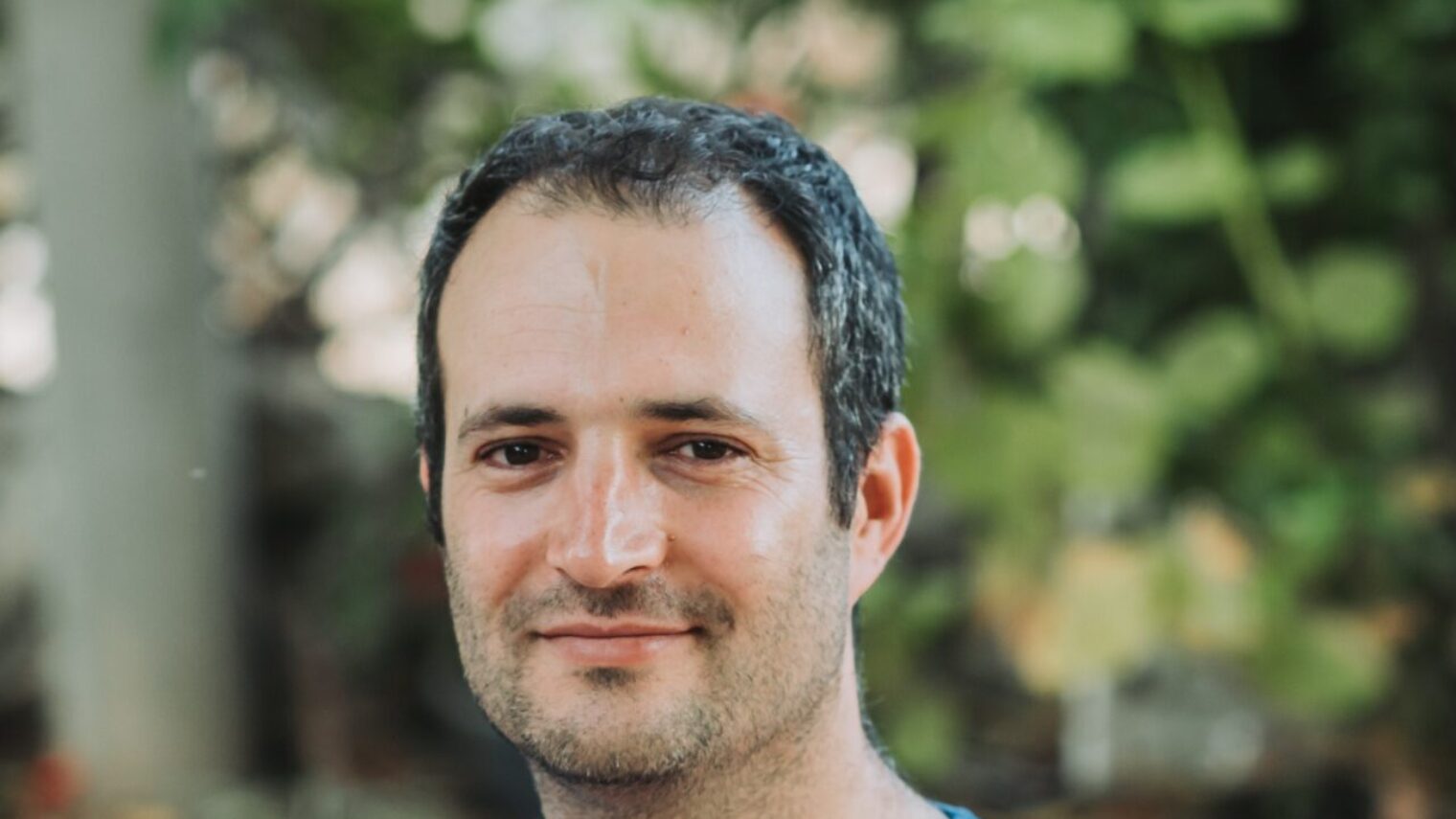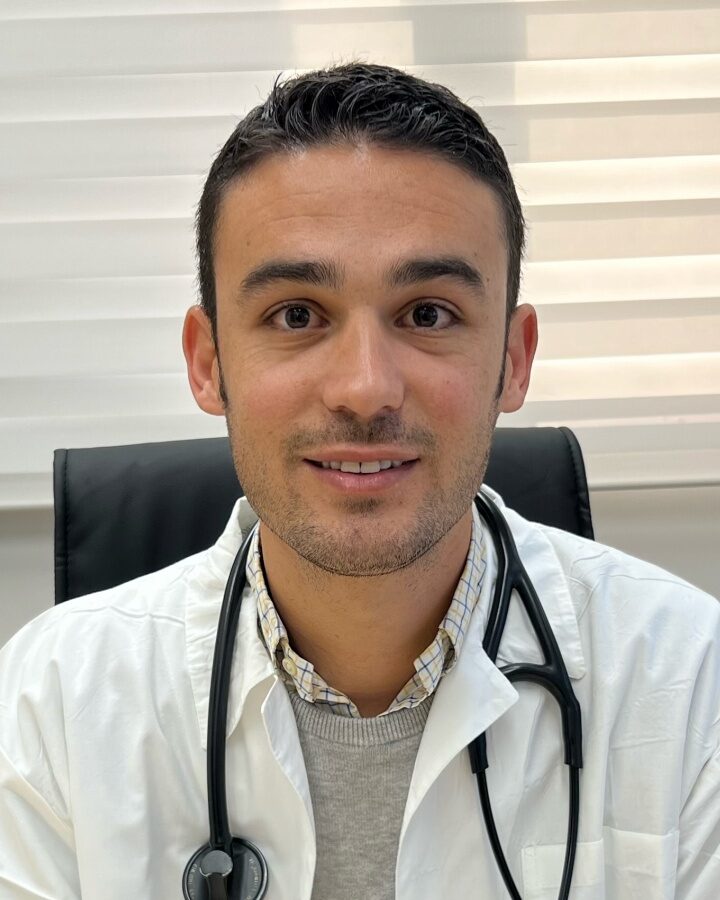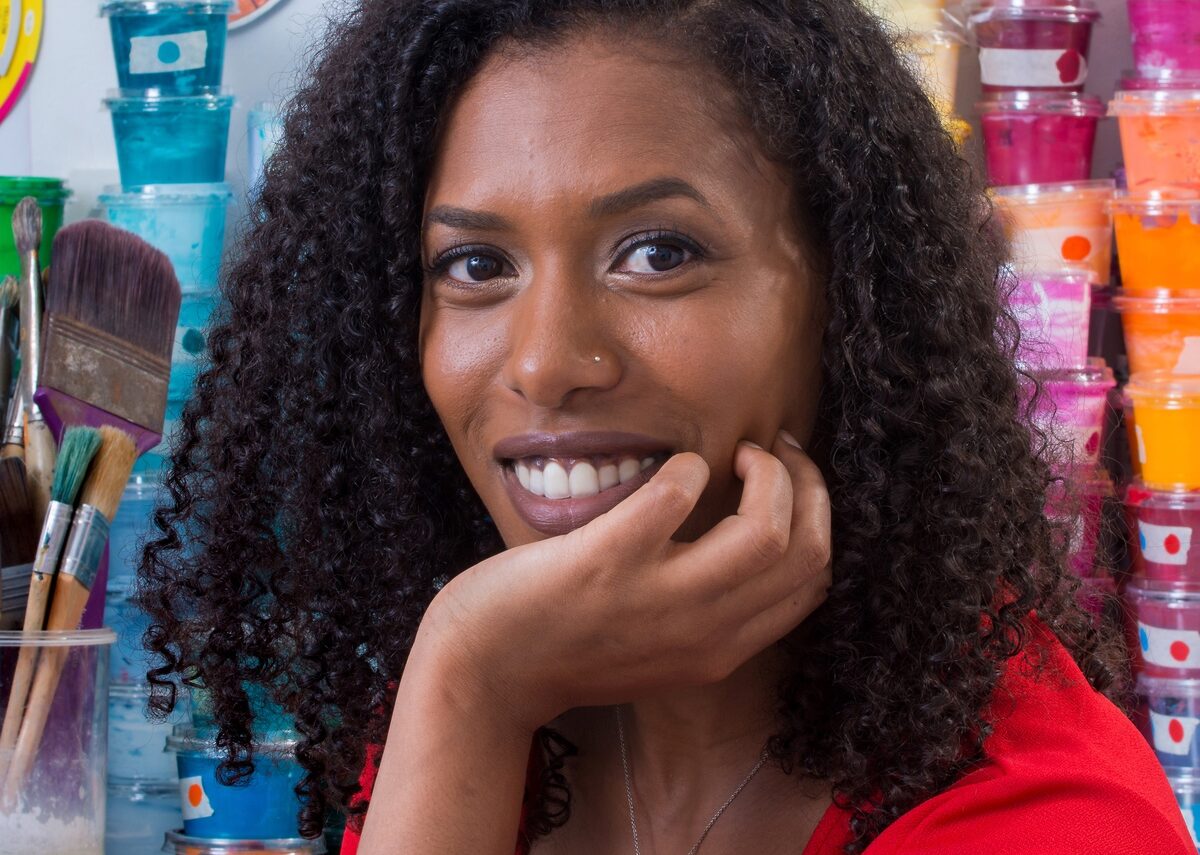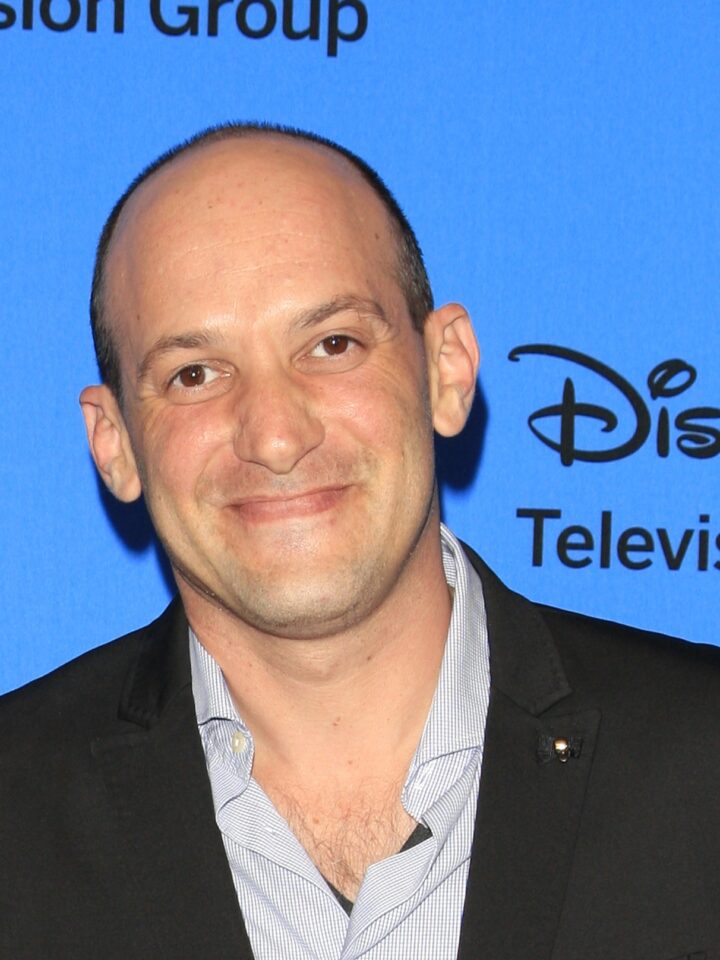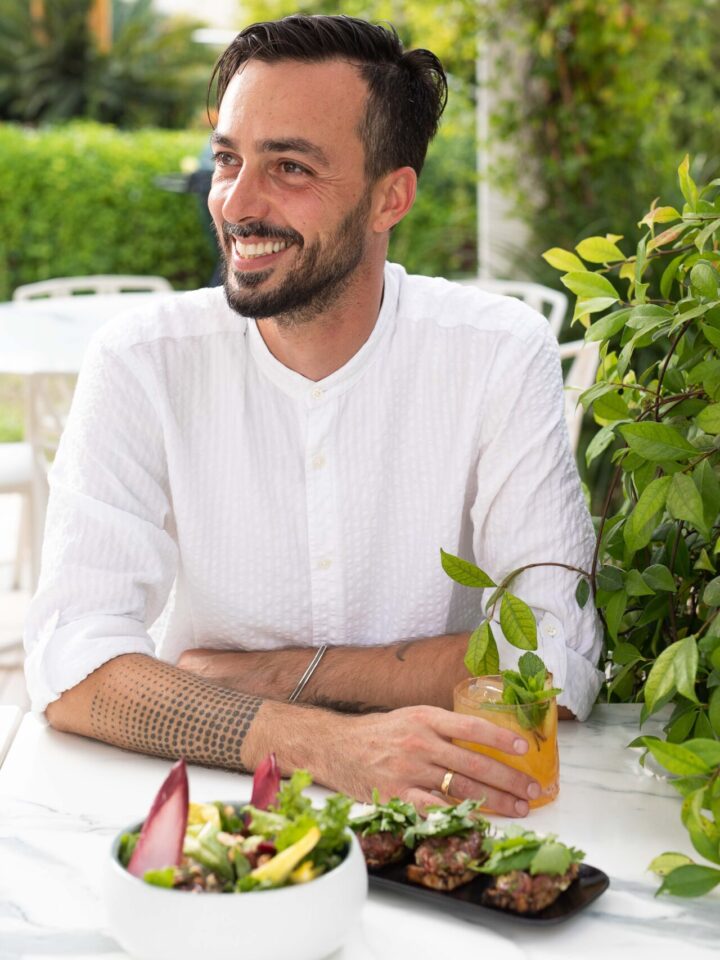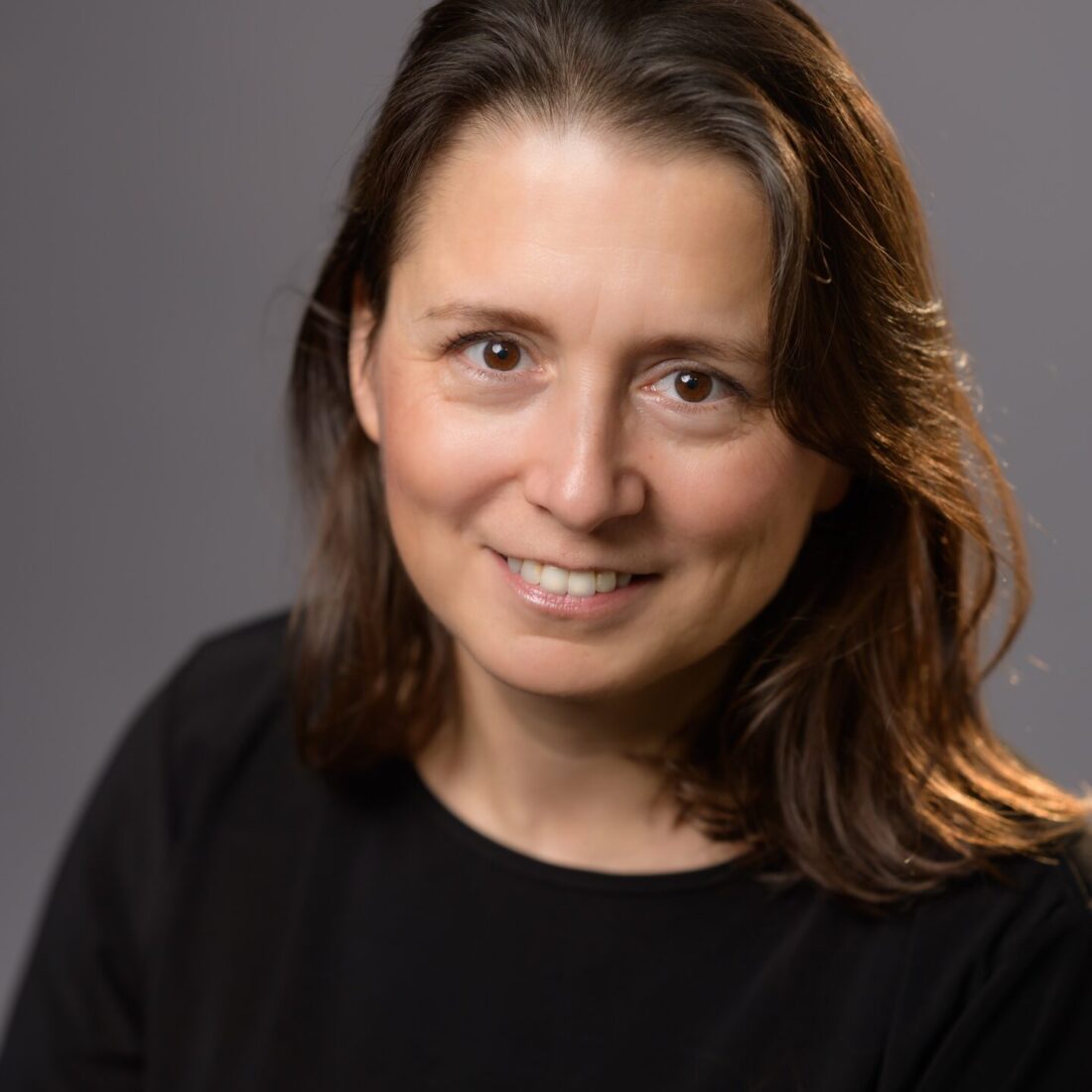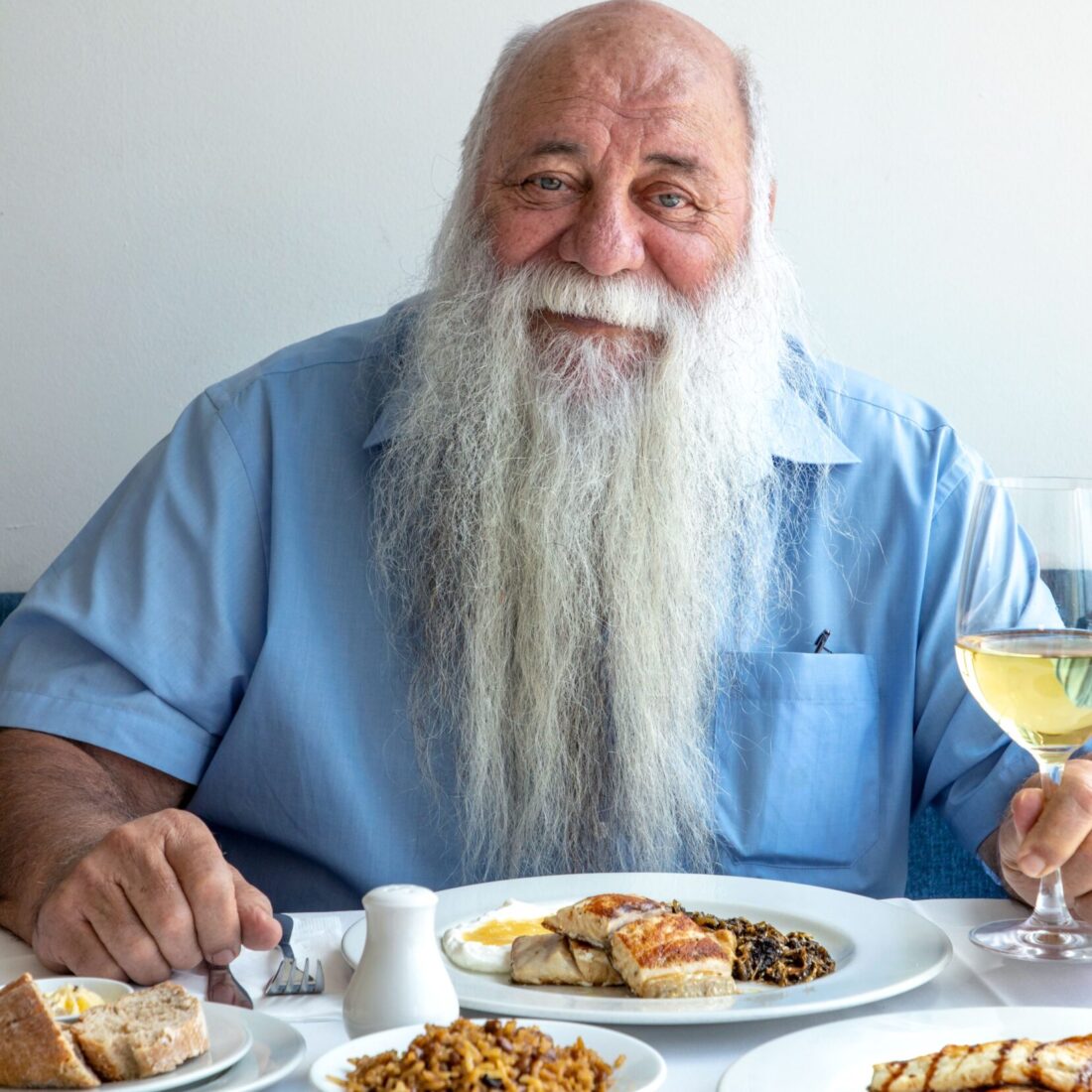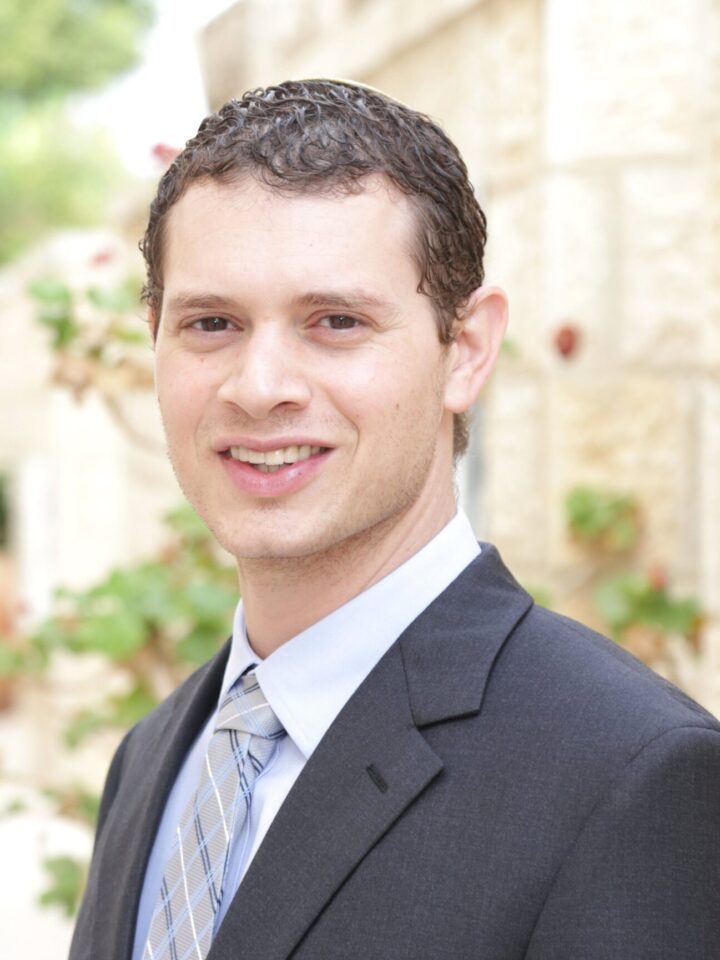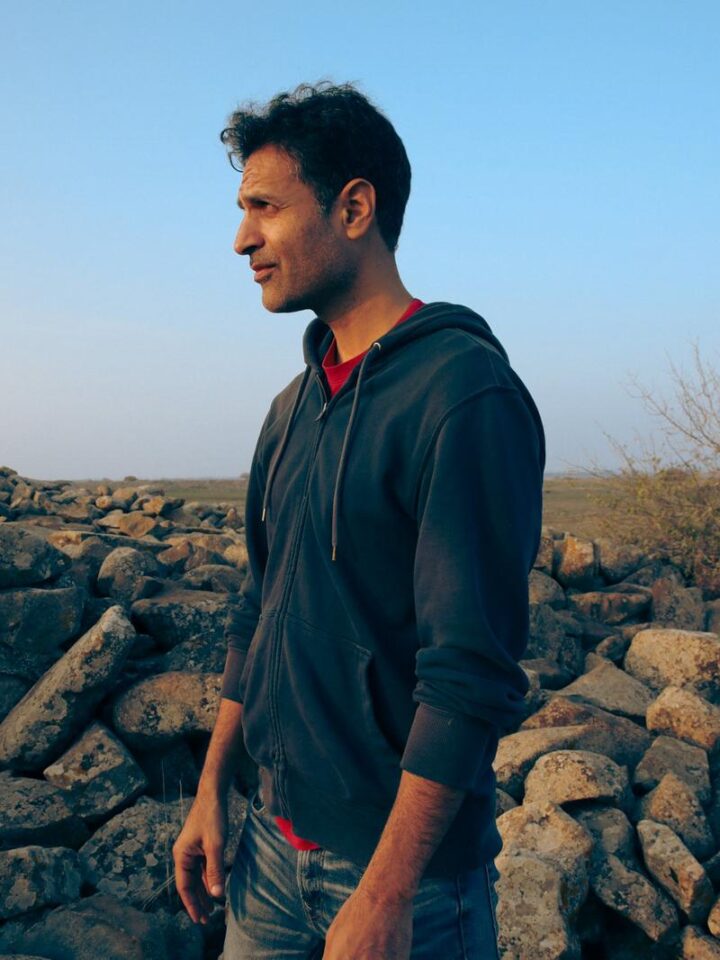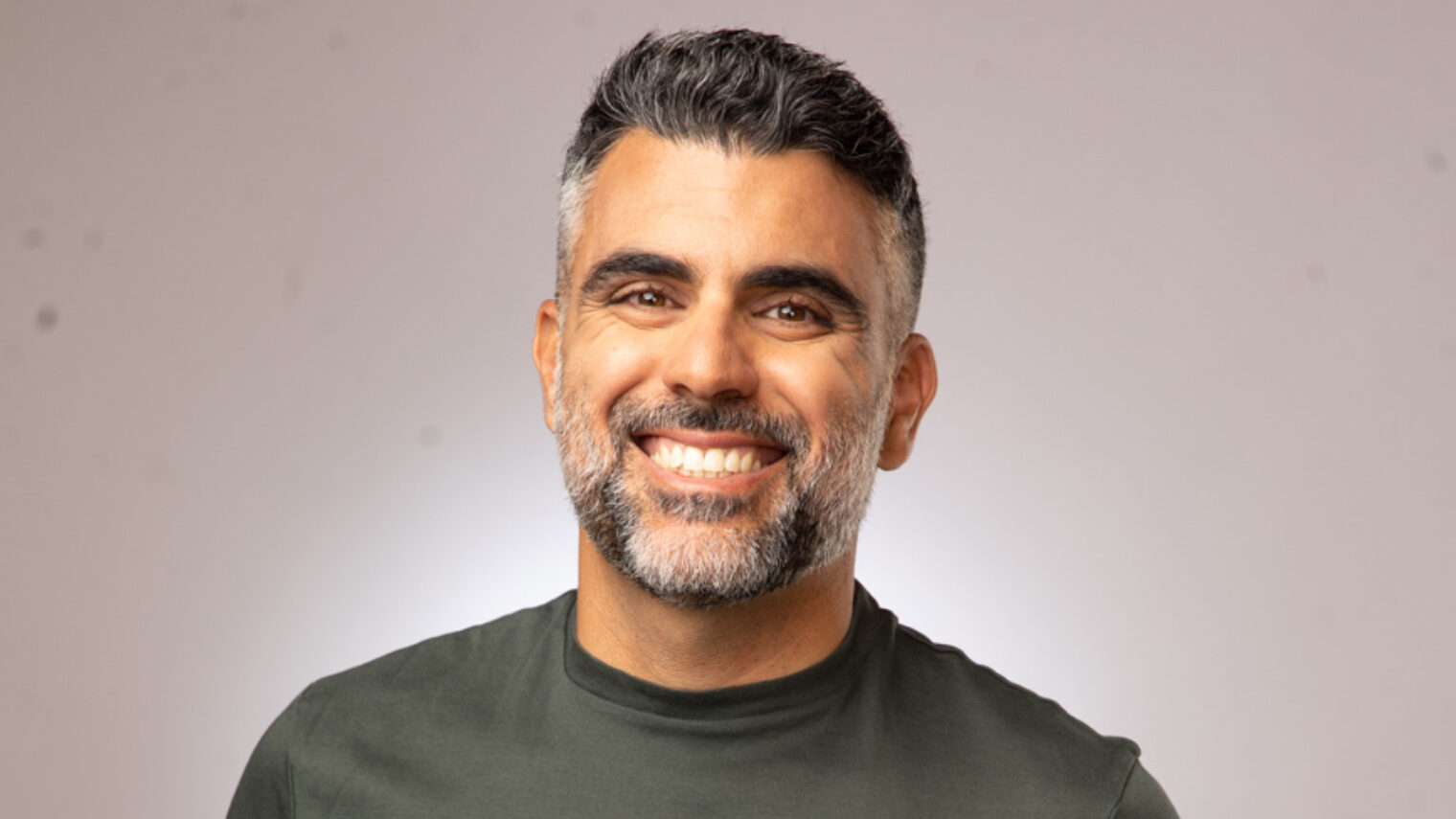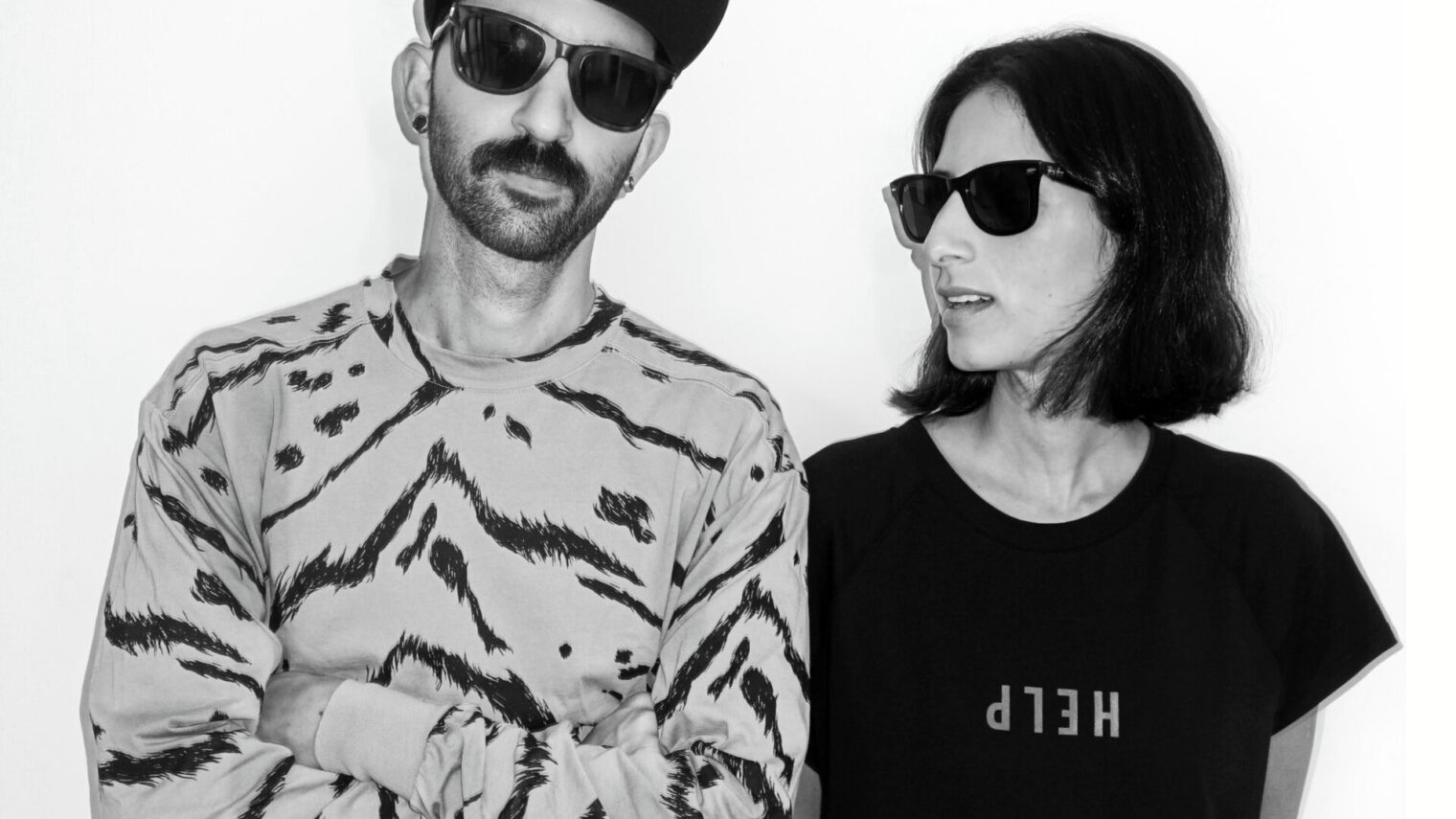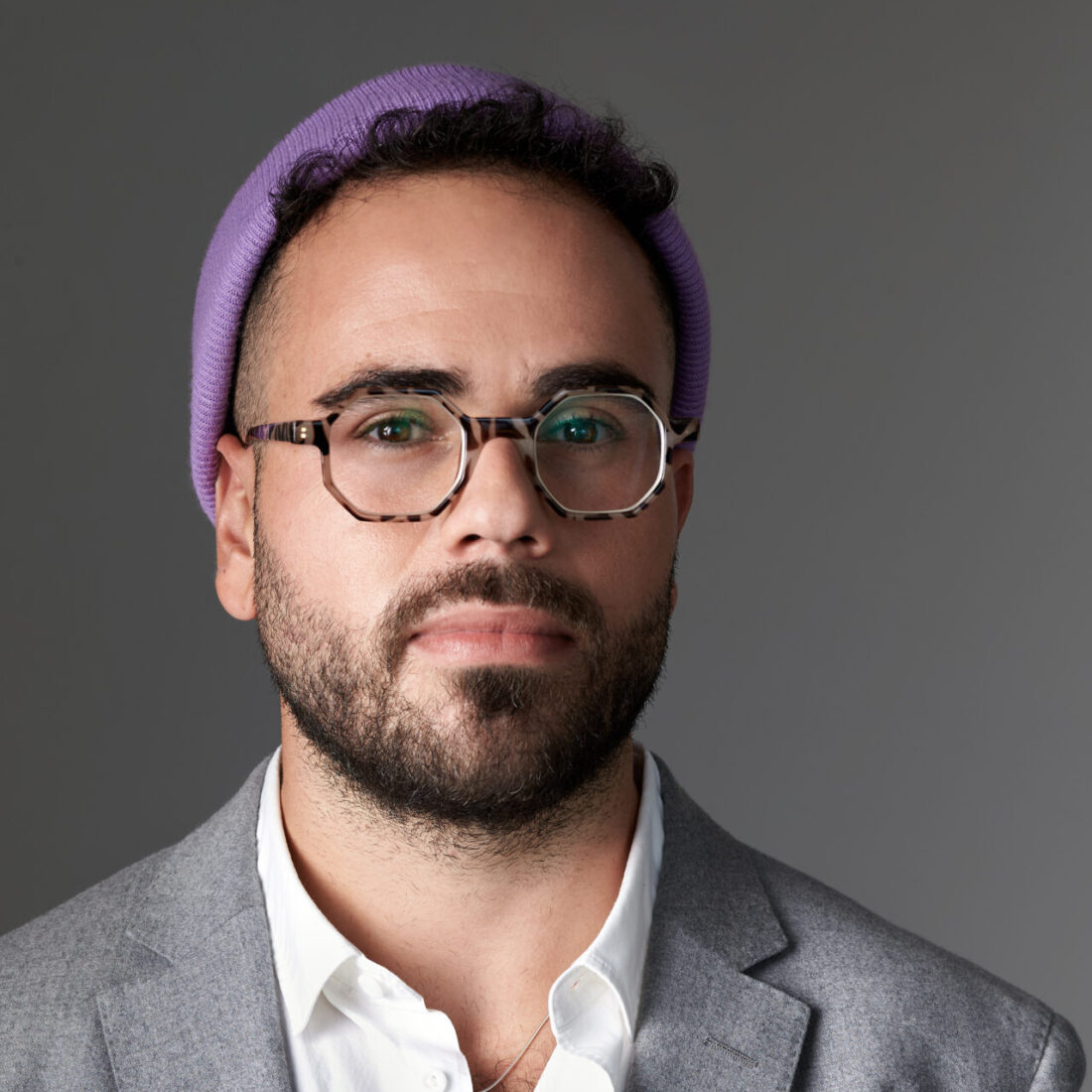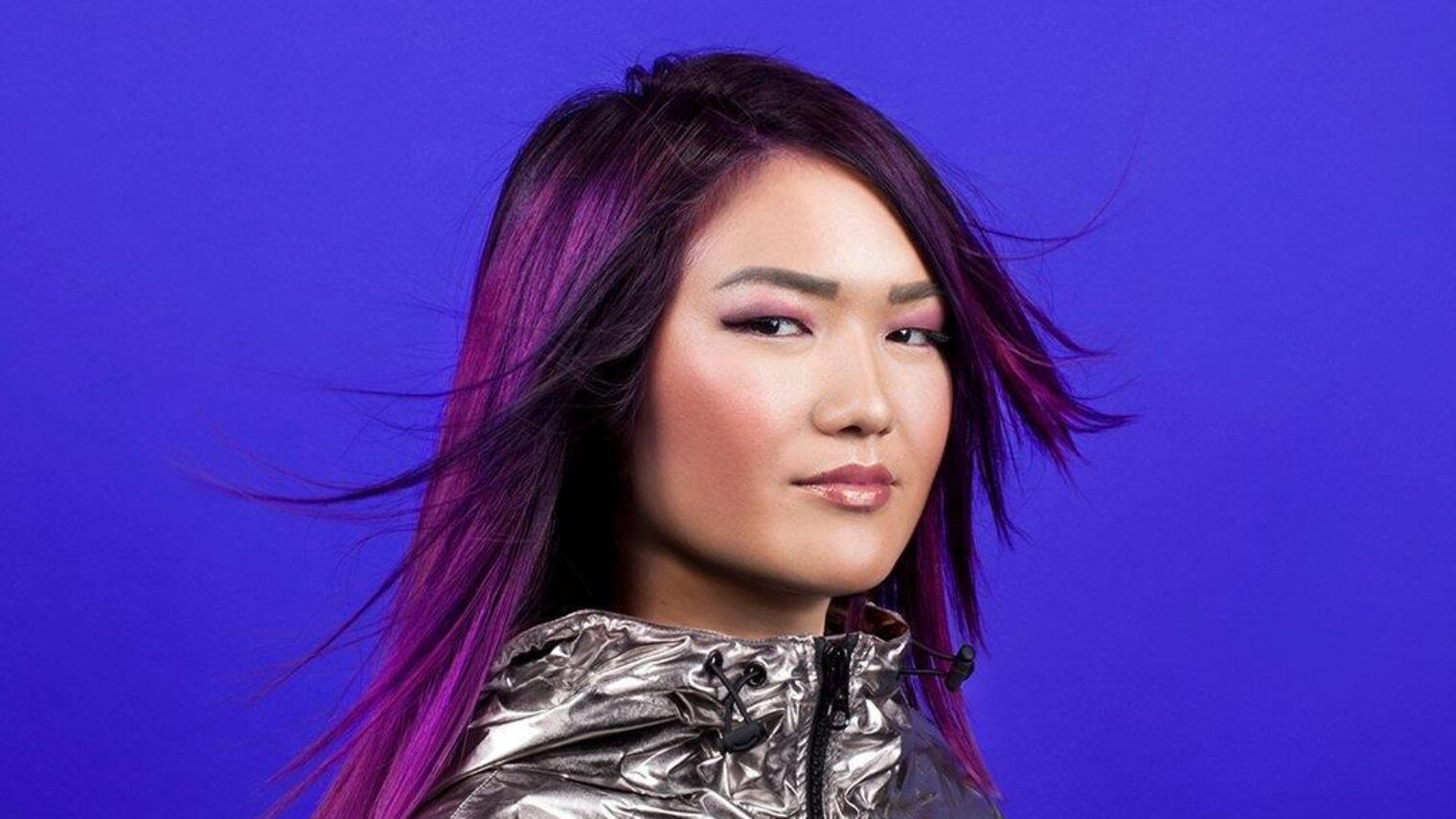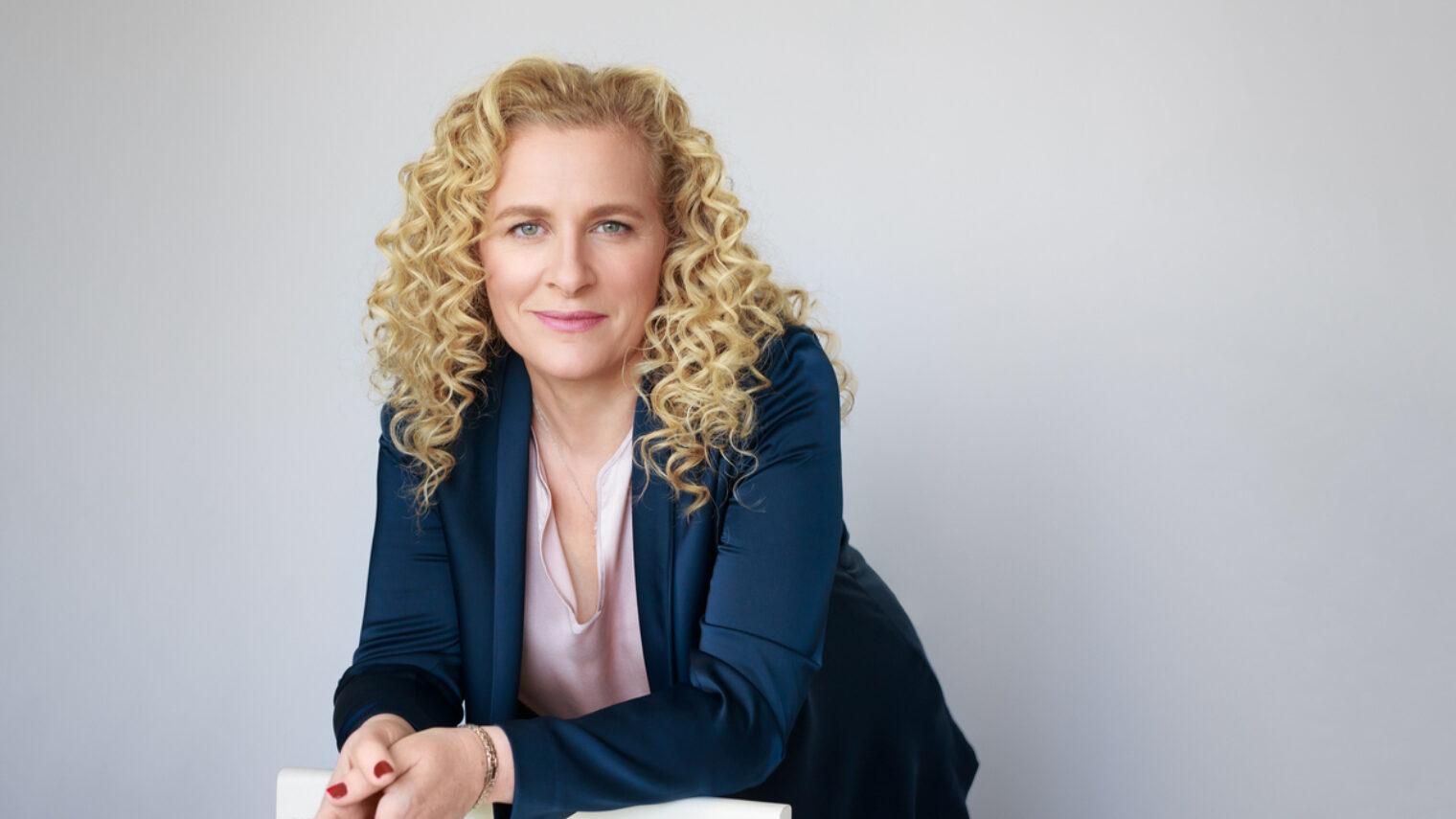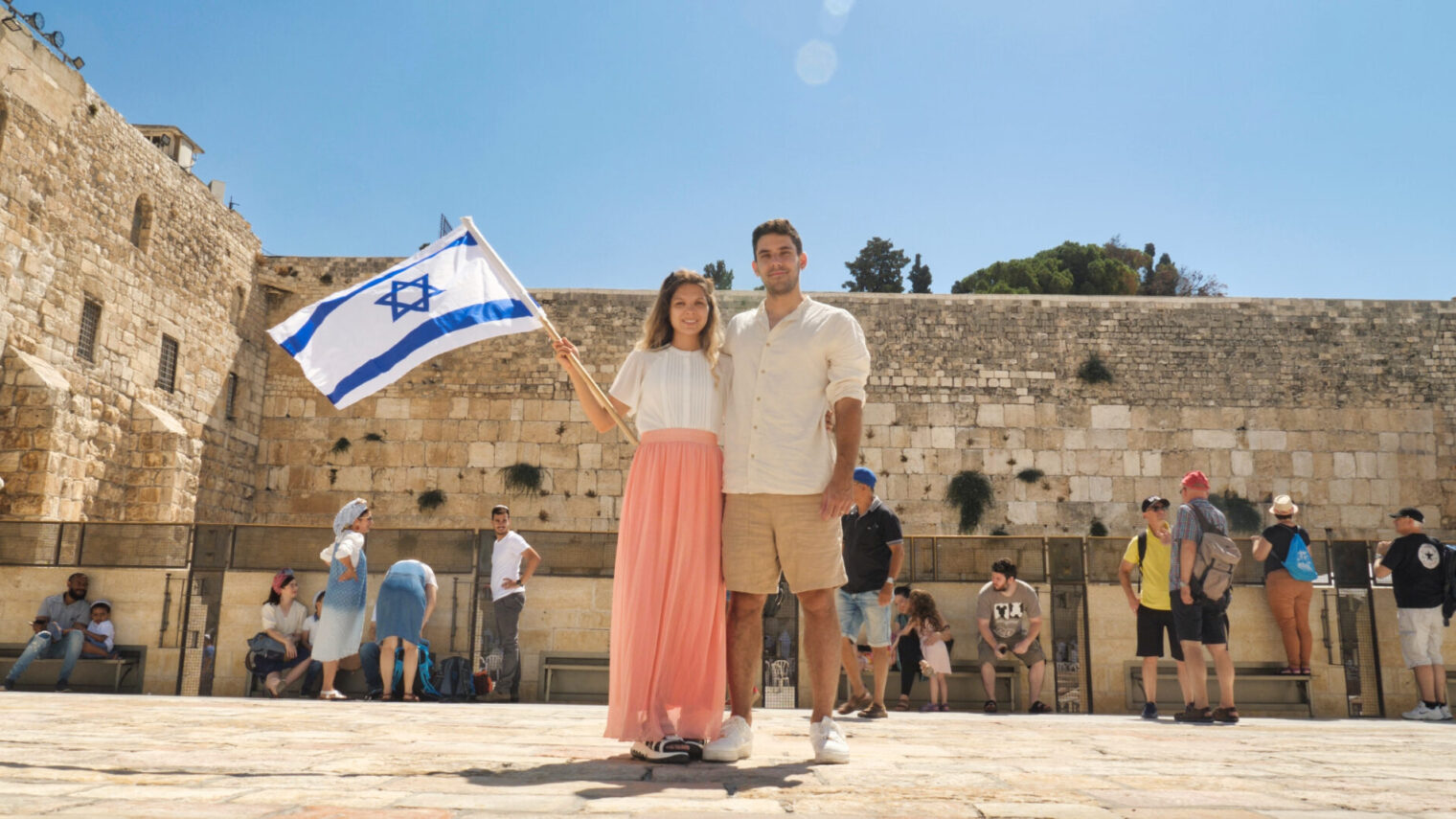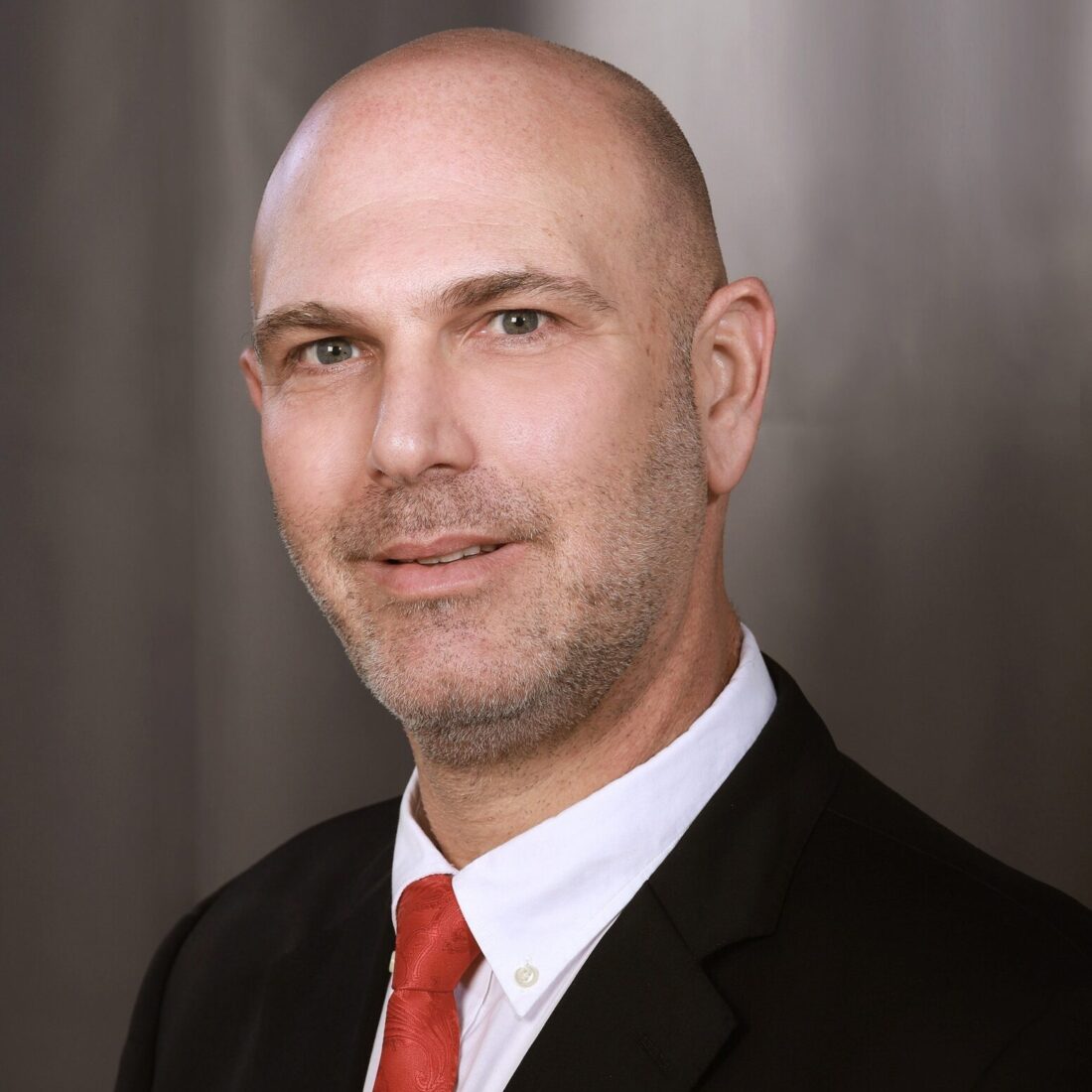MA in health administration and neuroscience; PhD in health administration
We are a small country in the Middle East with the ability to change and impact the world by advocating for Israeli tech, especially in the medical field. That advocacy exists within our ARC (Accelerate, Redesign, Collaborate) innovation center, founded nearly five years ago with six hubs addressing the full scope of healthcare challenges.
A lot of effort goes into creating a sustainable infrastructure and an ecosystem based on great ideas from within as well as great minds from industrial and academic sectors. These collaborations allow us to accelerate the redesign of healthcare on a regional and global scale.
In Sheba’s leading and ongoing efforts to help implement the Abraham Accords, I have been engaged in signing agreements with the Dubai and Abu Dhabi governments in the UAE, as well as healthcare systems and hospitals in the UAE, Bahrain and Morocco.
I find motivation in our outreach efforts to the world, engaging people who are suffering on a physical or emotional level and dealing with health inequity in the world. We can provide hope without boundaries to countries in need. It makes no difference whether it’s a homemade crisis (i.e. Russia-Ukraine) or natural events (earthquakes, hurricanes) — we are ready, willing and able to assist.
“We can provide hope without boundaries to countries in need.”
In Ukraine last year, we were the only country to set up a formal field hospital, where I commanded the medical team from Sheba and other Israeli hospitals. We treated 6,000 Ukrainians of all ages, utilizing cutting edge AI and telehealth technologies. War zones in unknown places are a big challenge for me and my team at Sheba, where we are literally responsible for people’s lives.
My biggest personal challenge was understanding how to evolve the manners that I was taught during my 28 years of service in the IDF — starting out as a frontline combat nurse and advancing to assistant to the Surgeon General — and transition to a civilian hospital where the protocols are different but values are the same.
The famous Israeli song, “I don’t have another country” sums up how I feel about myself and my homeland. I am the son and grandson of Holocaust survivors who made aliyah to Israel over 50 years ago and I am proud of them and who and what I have become because of them, thanks to their sacrifice.




